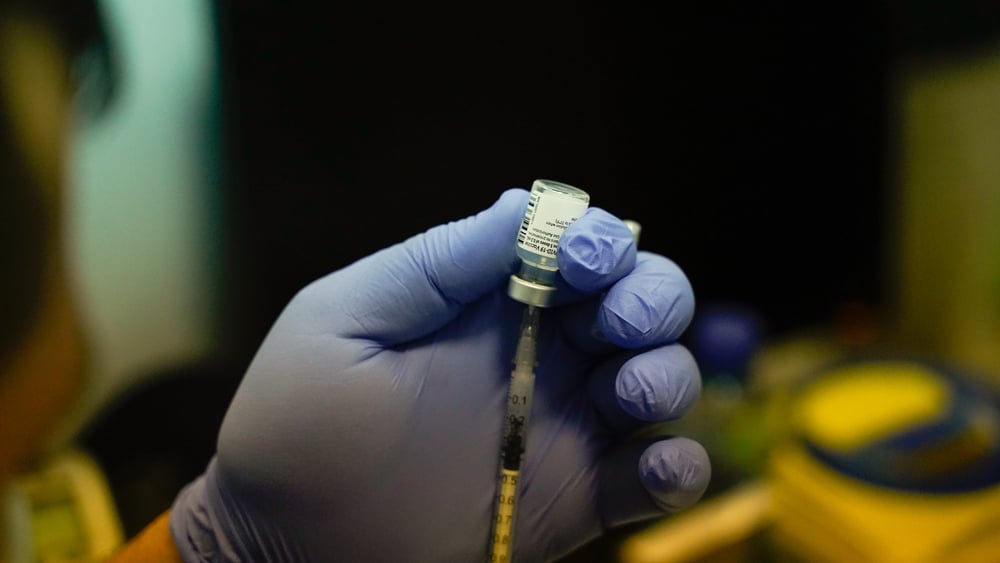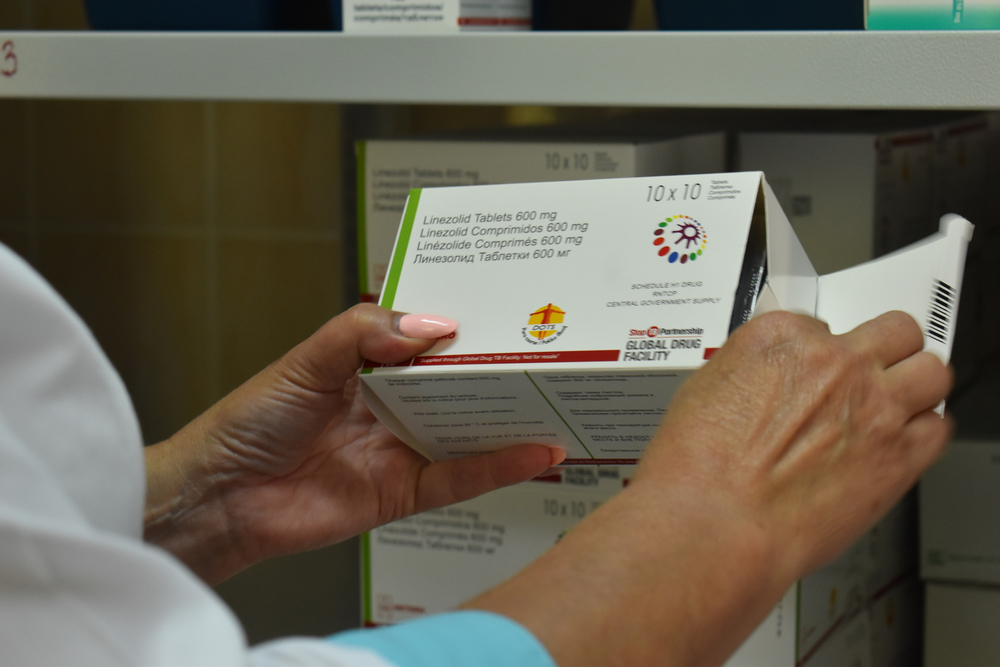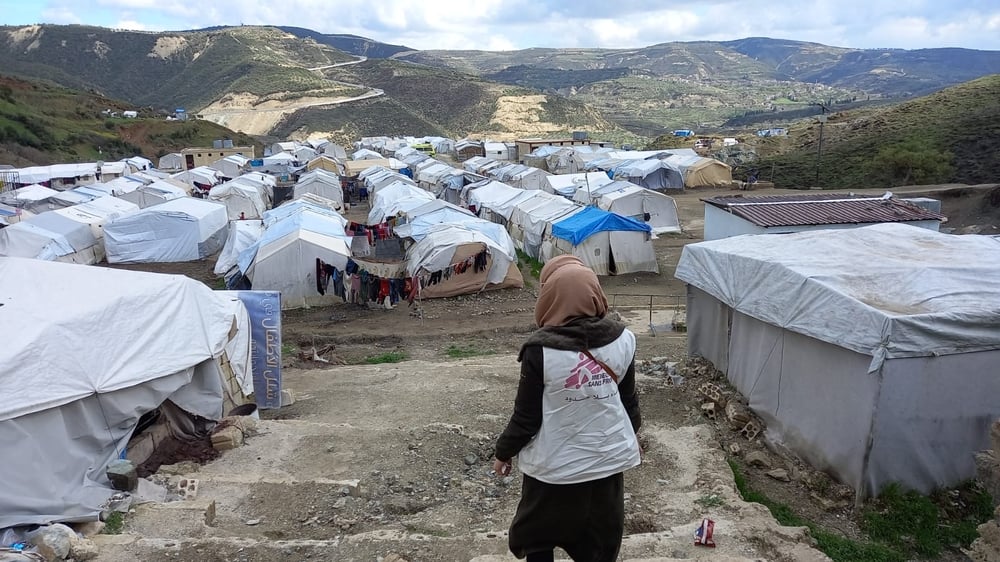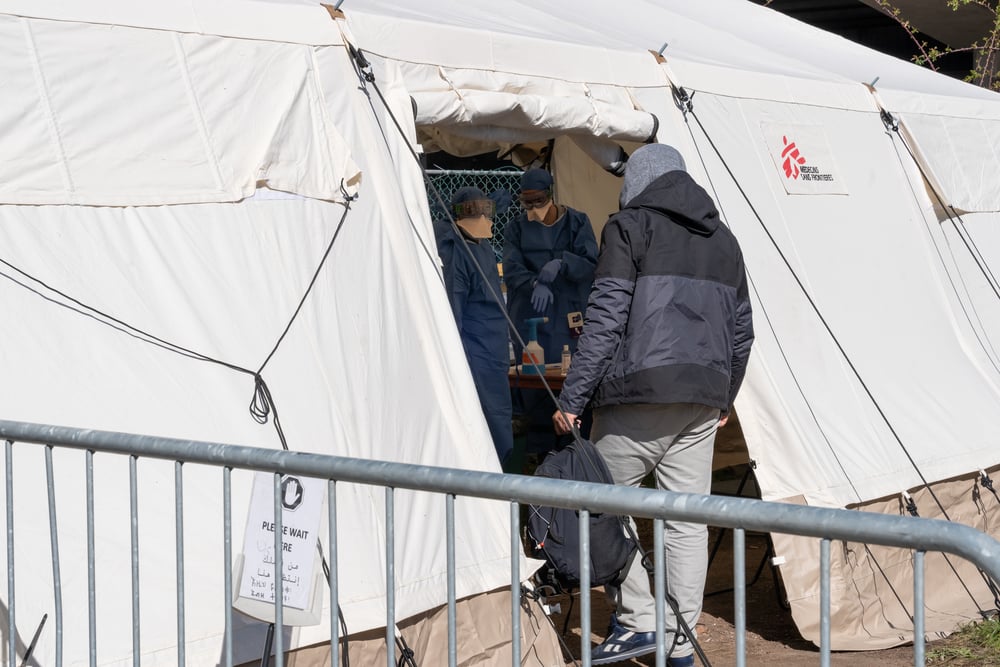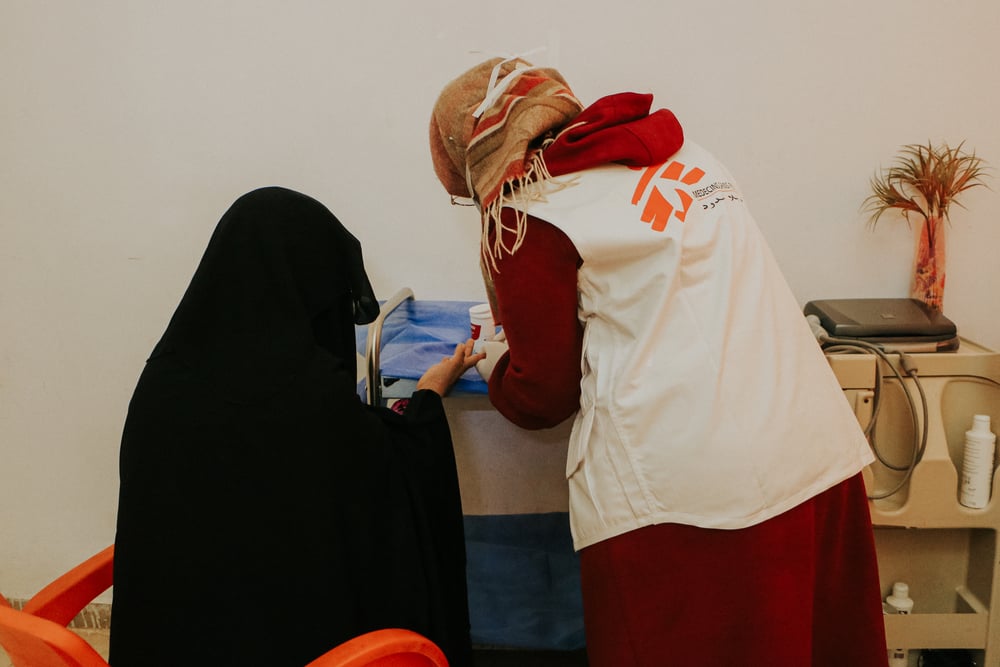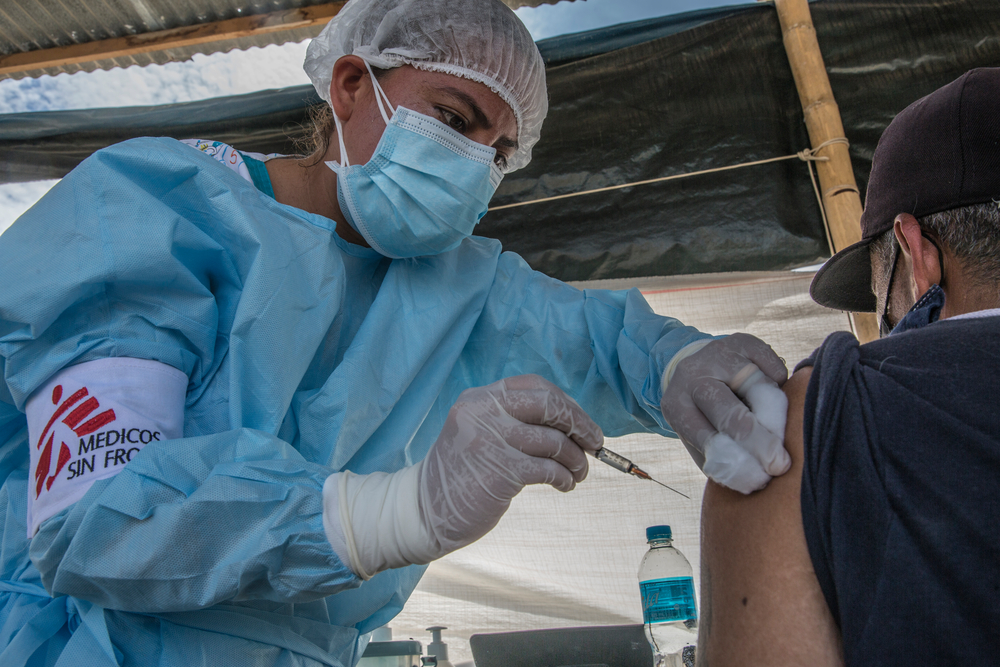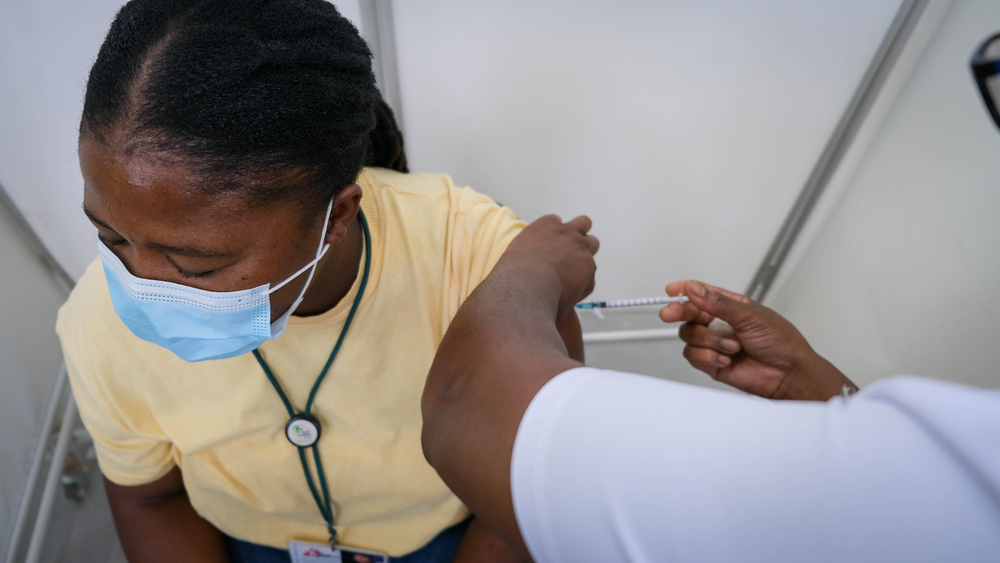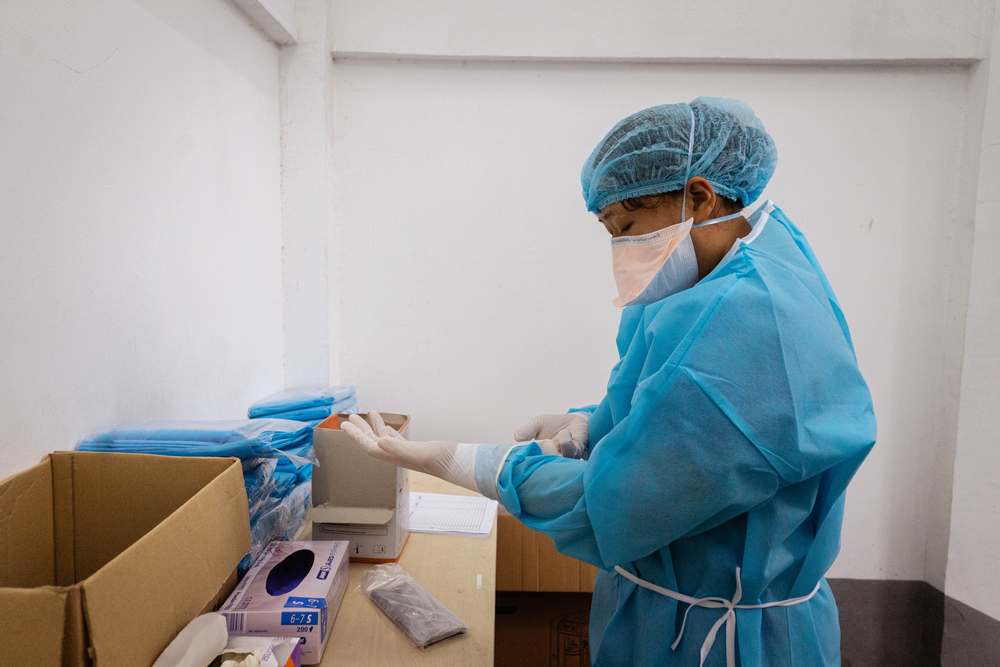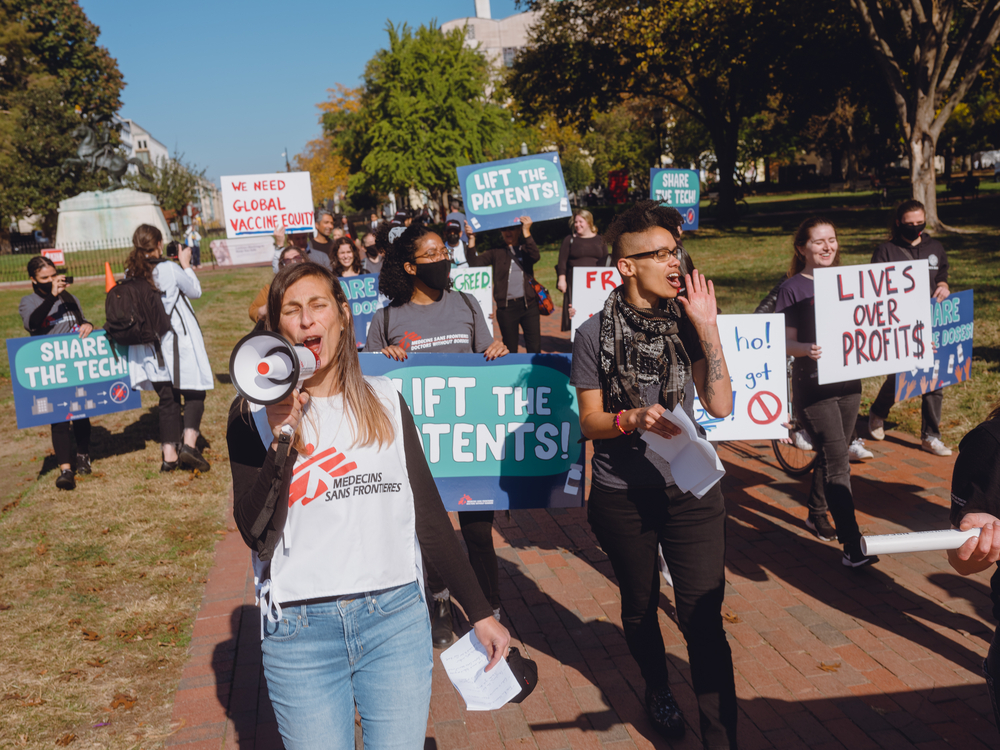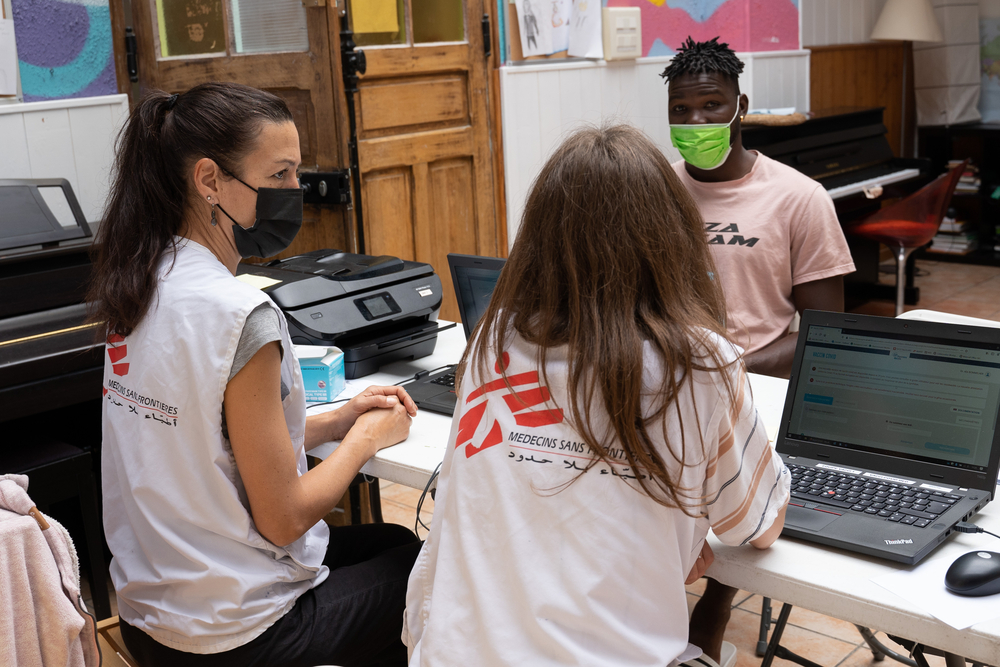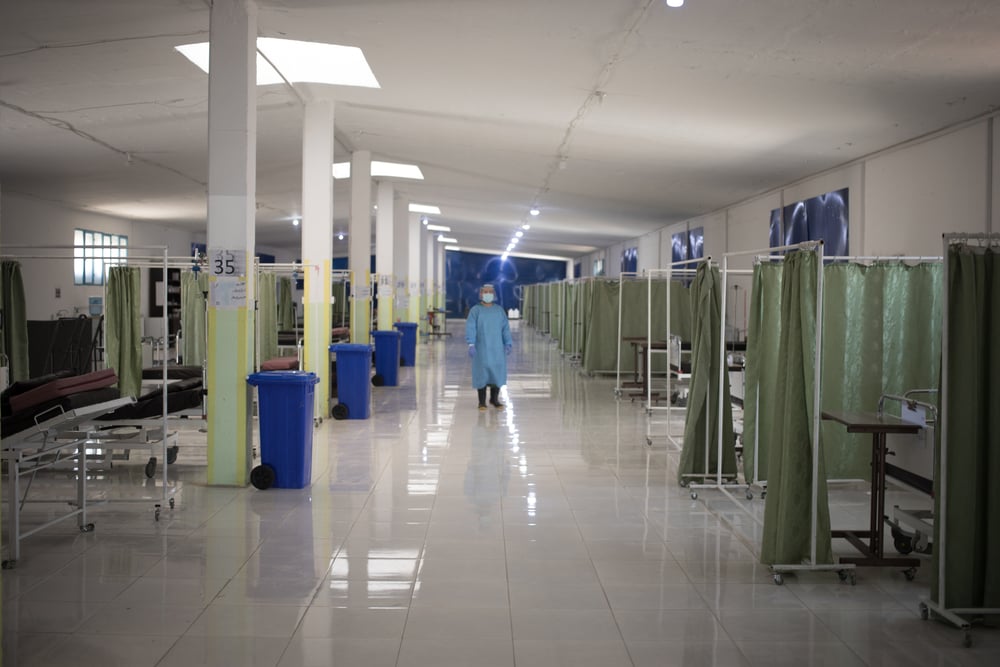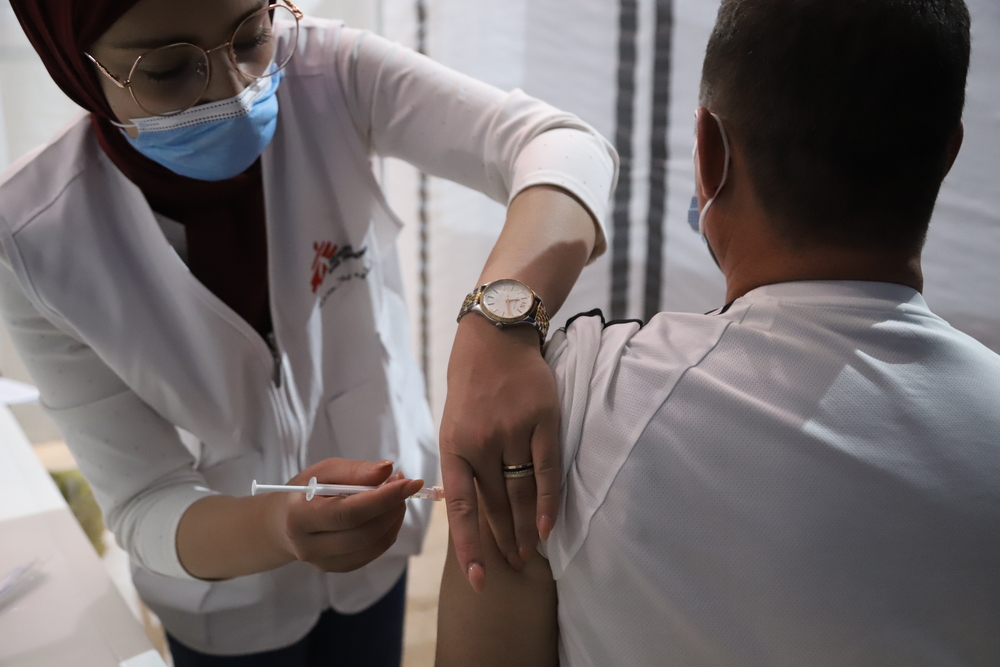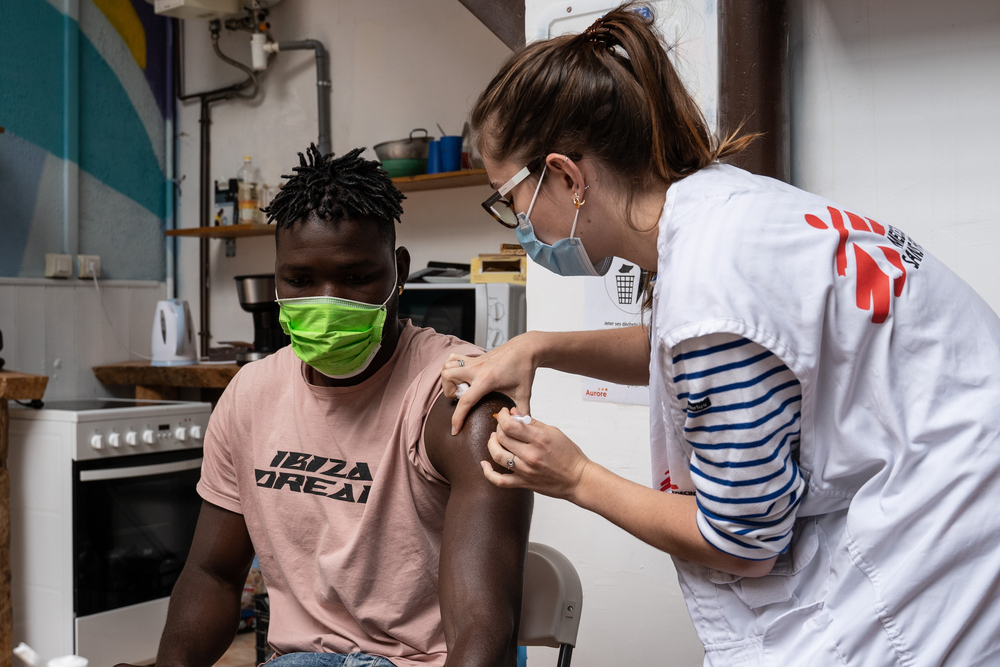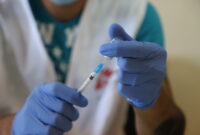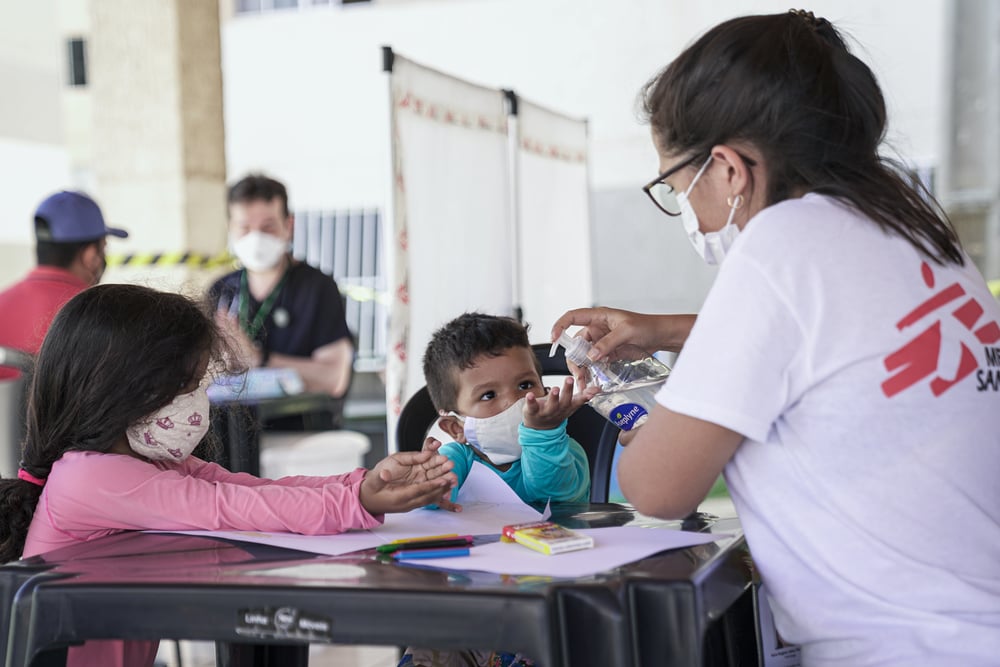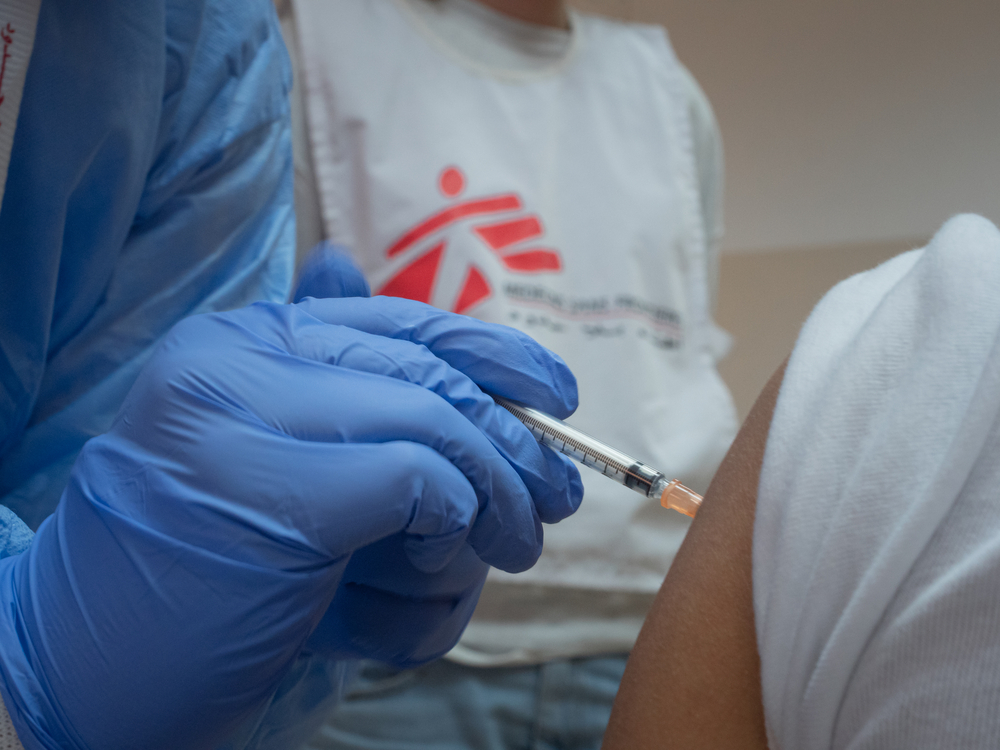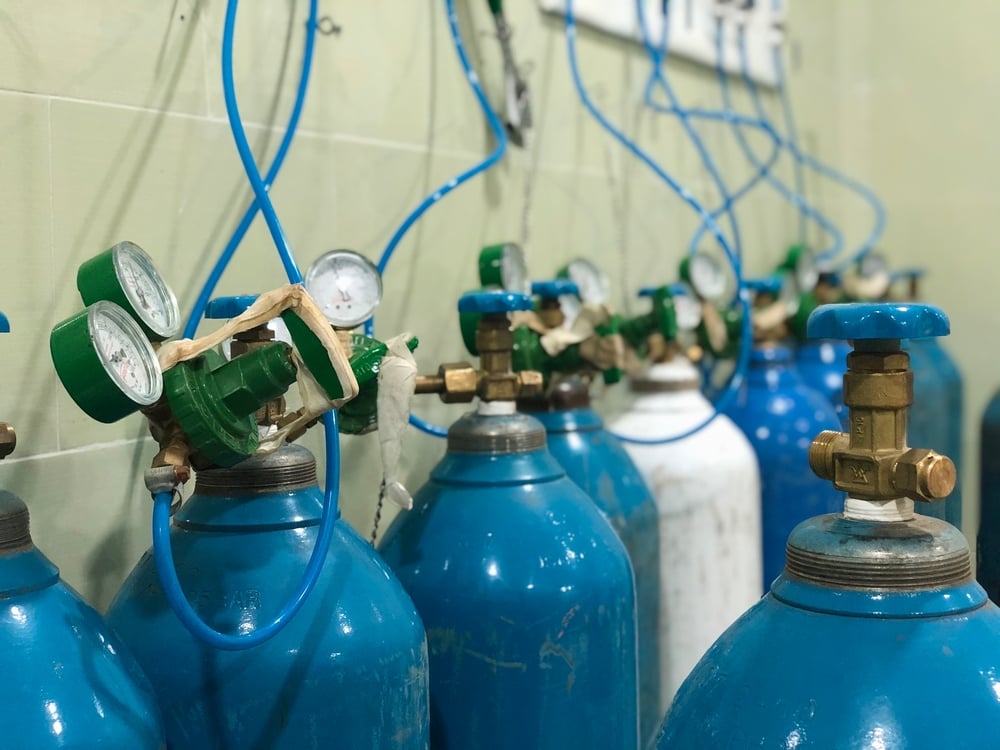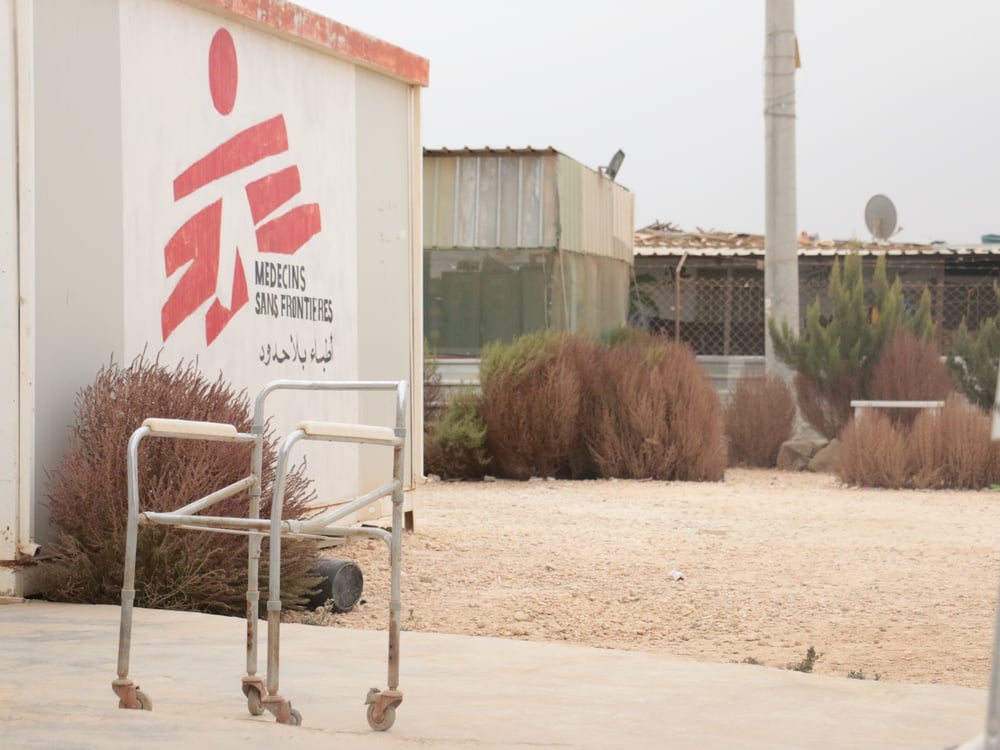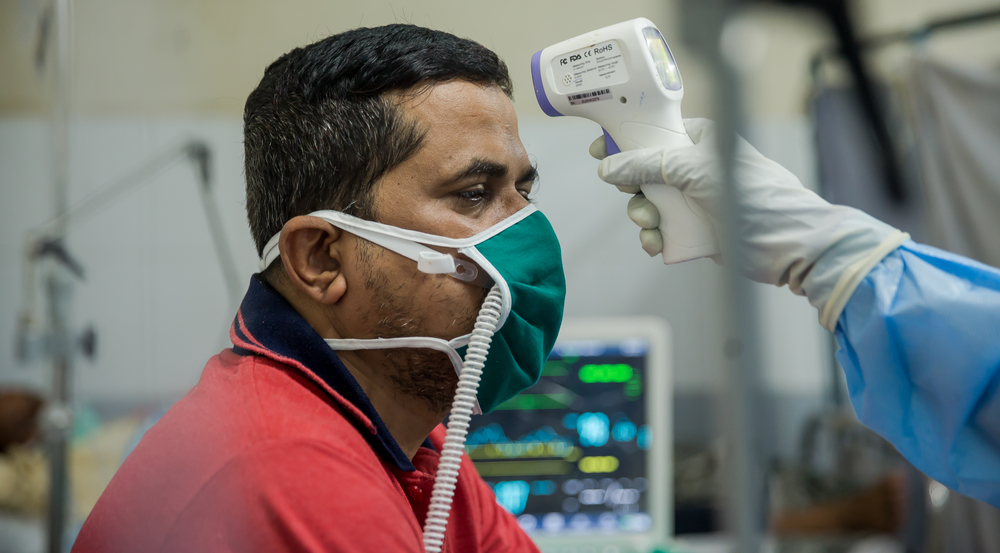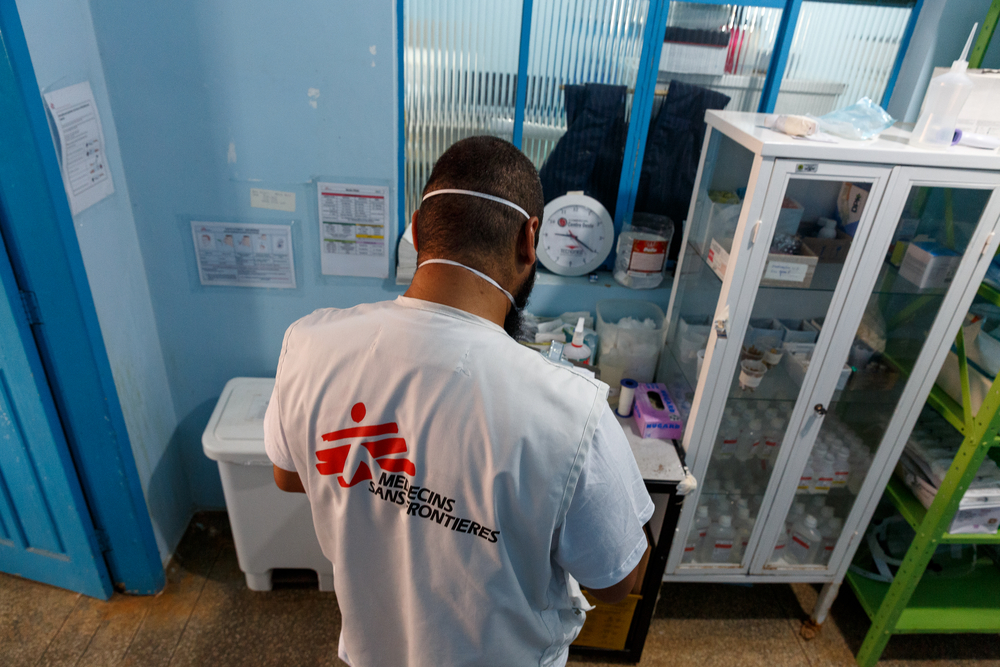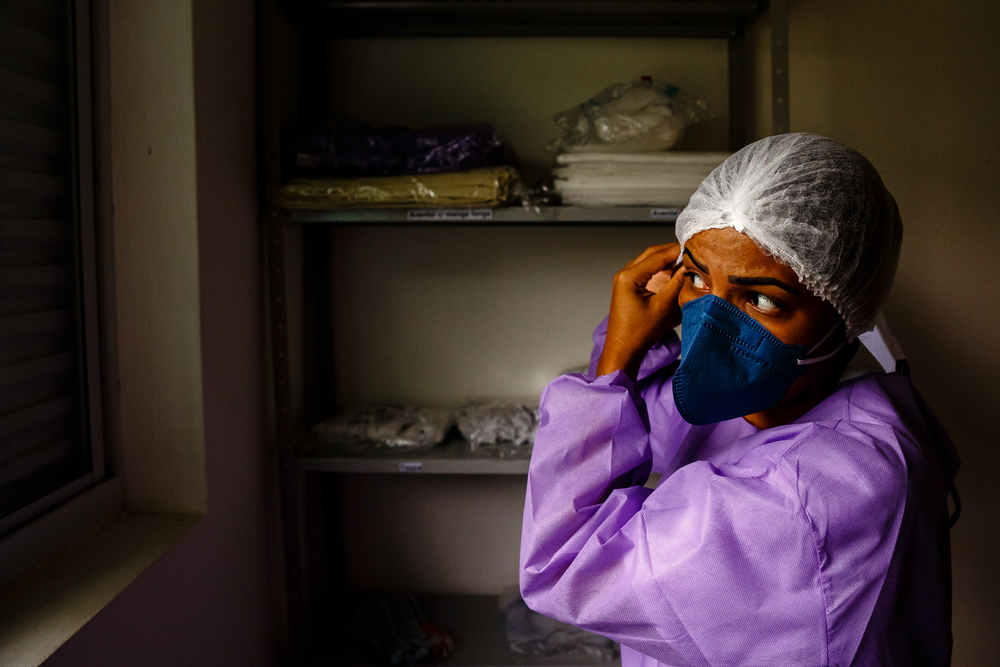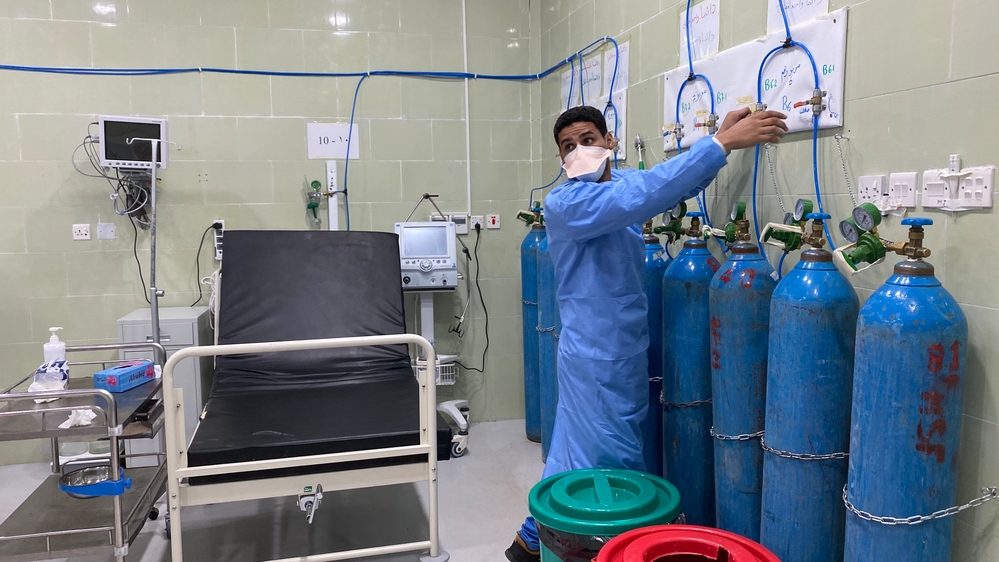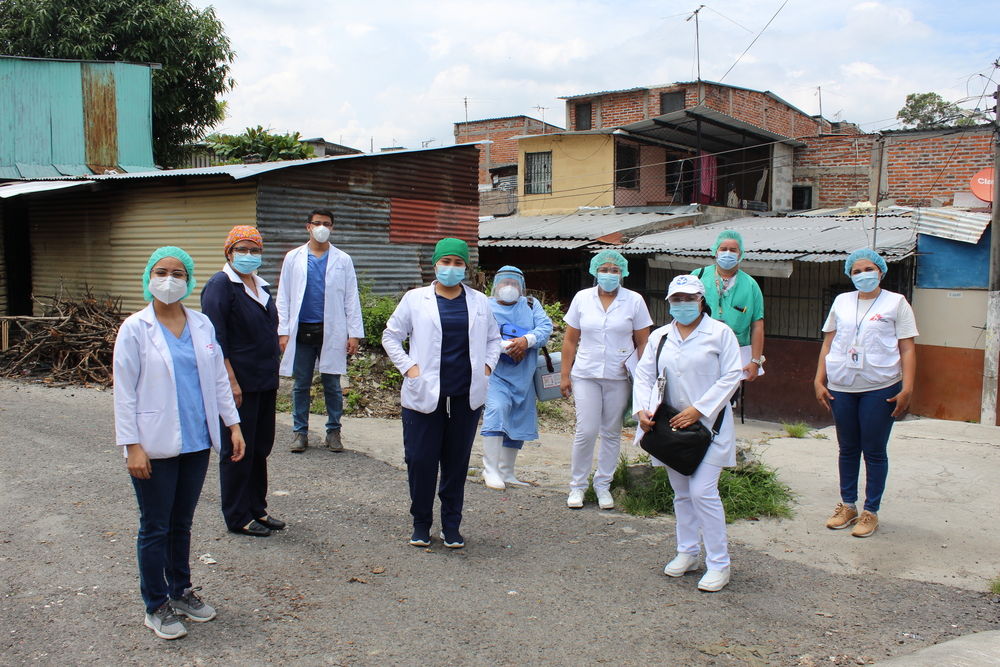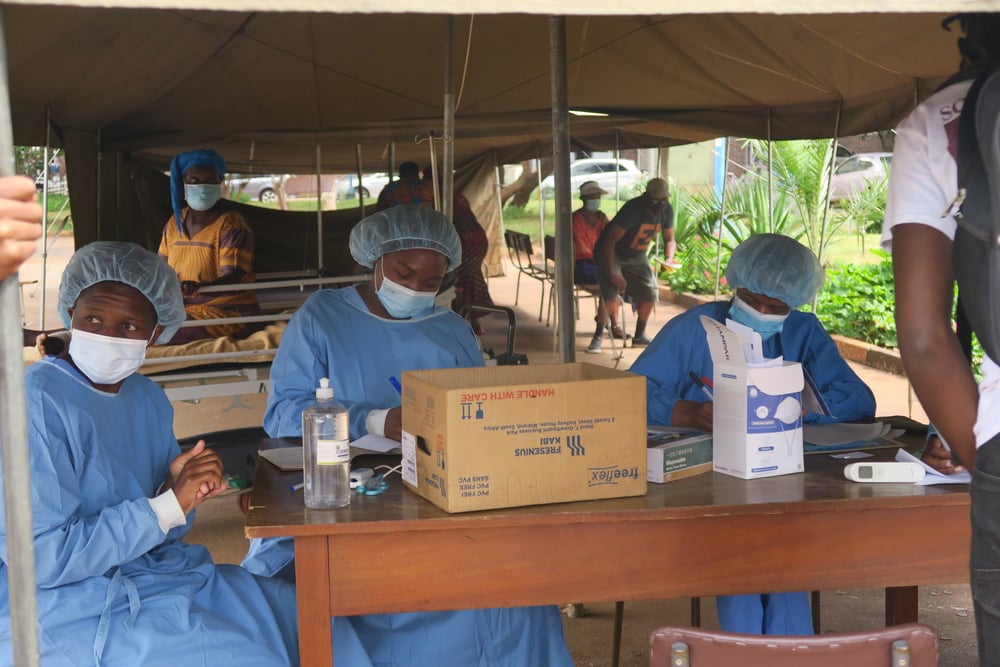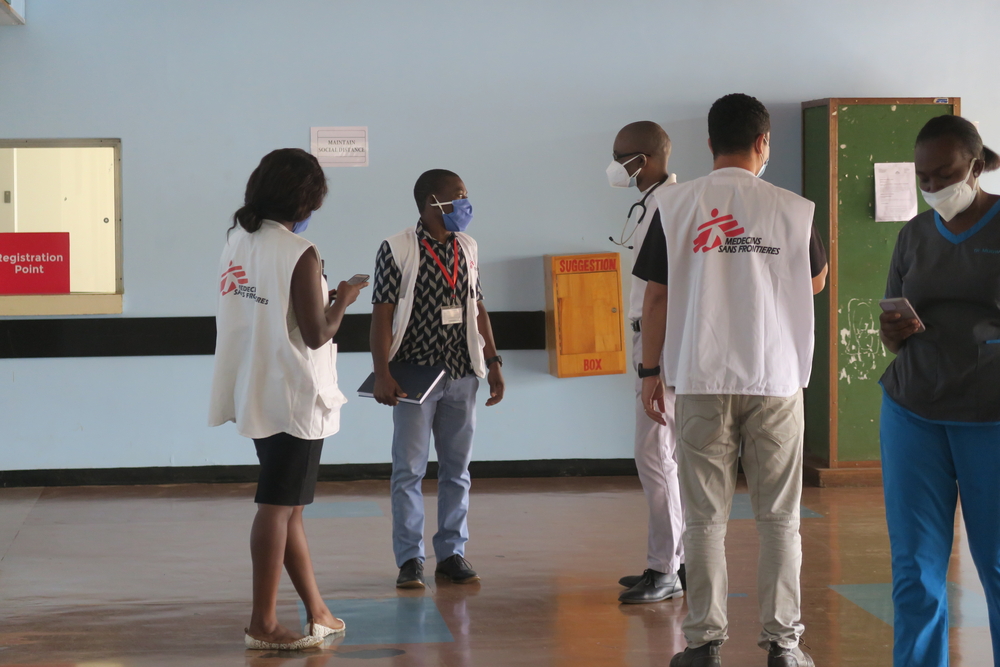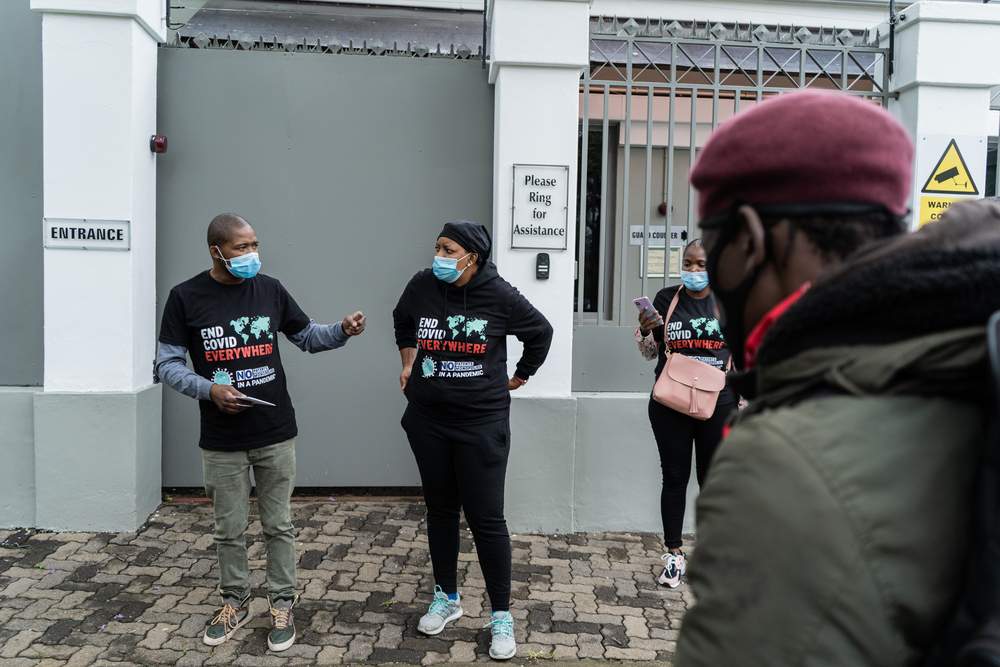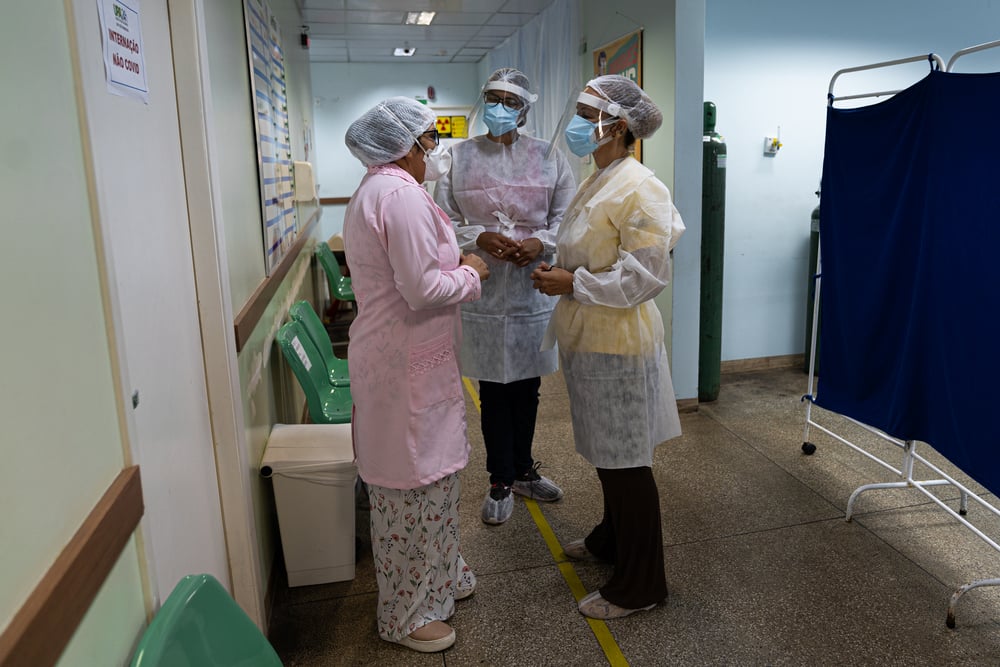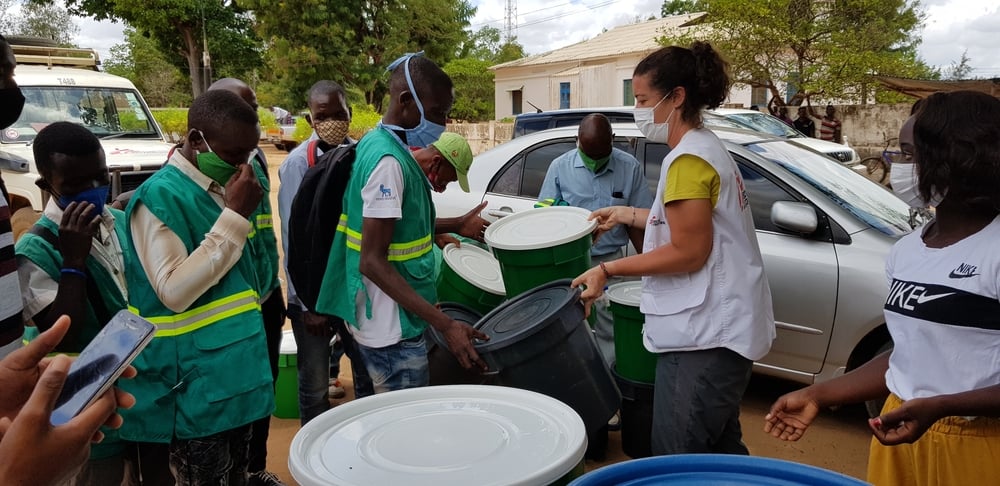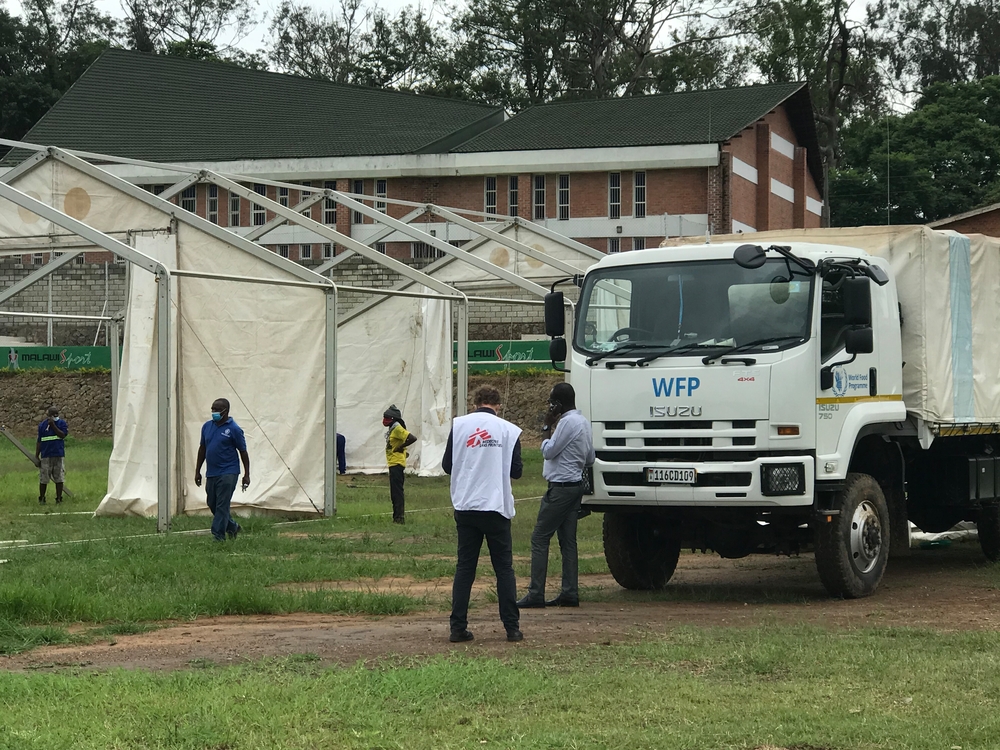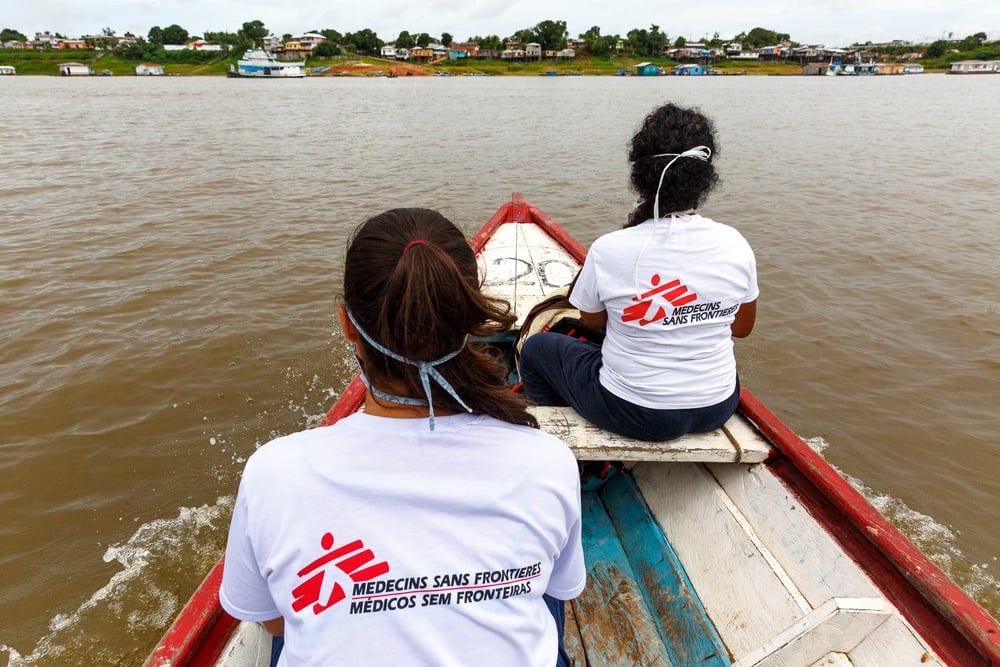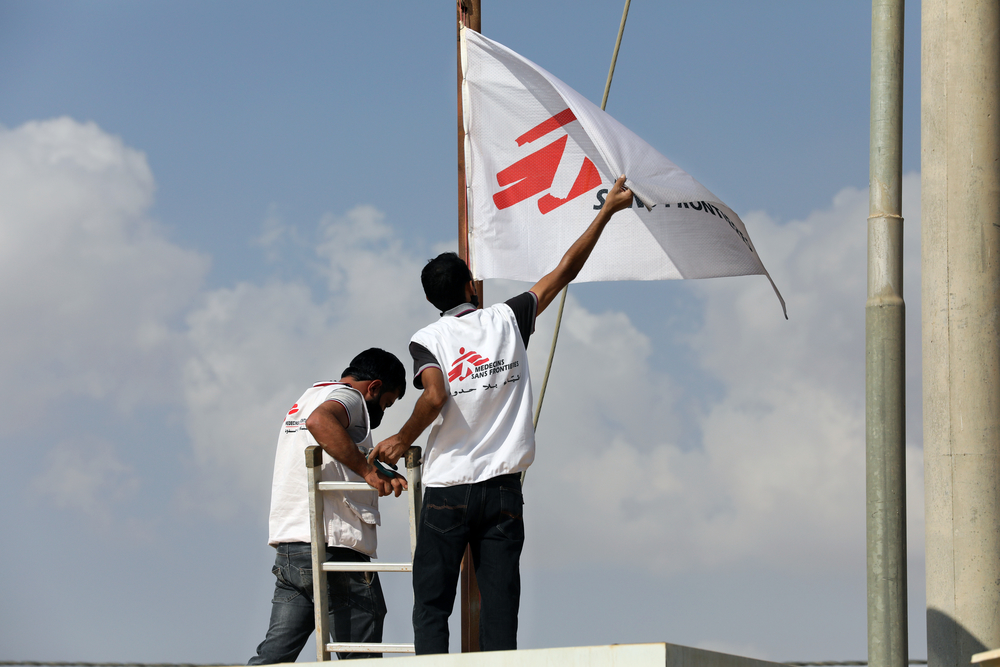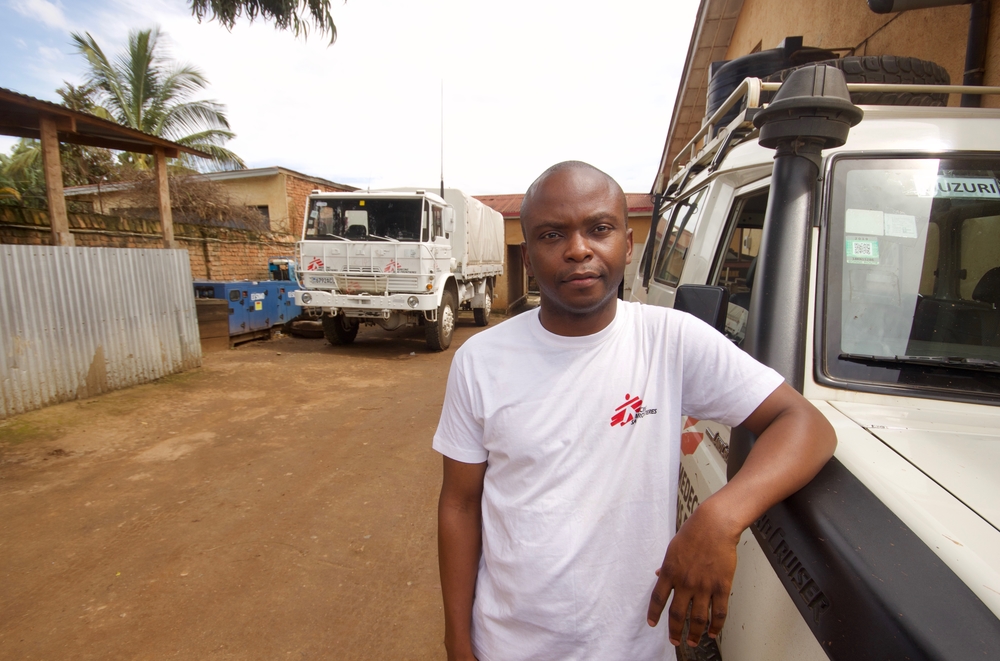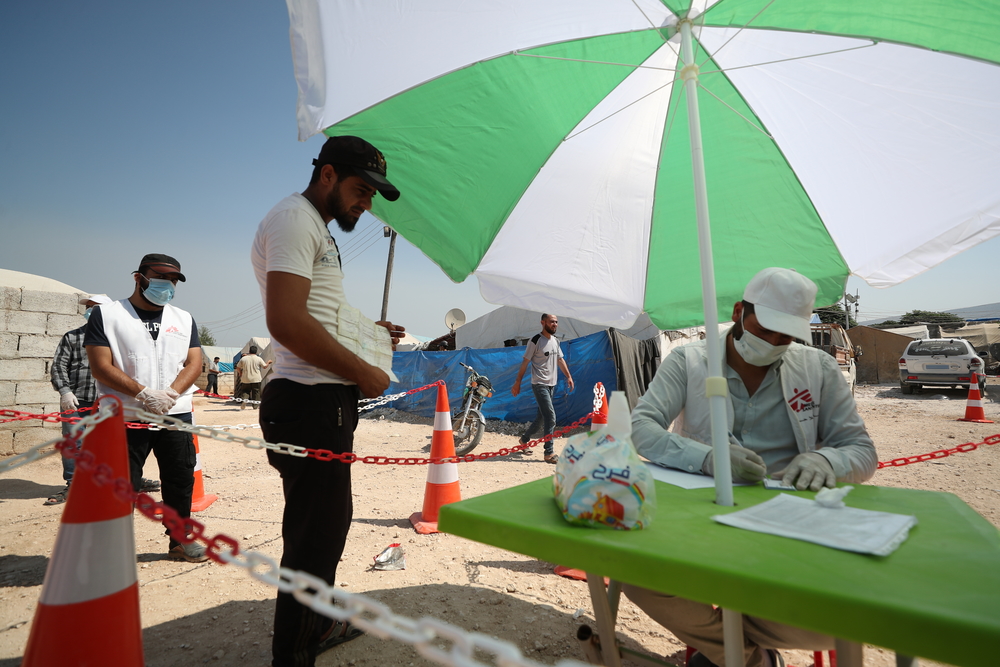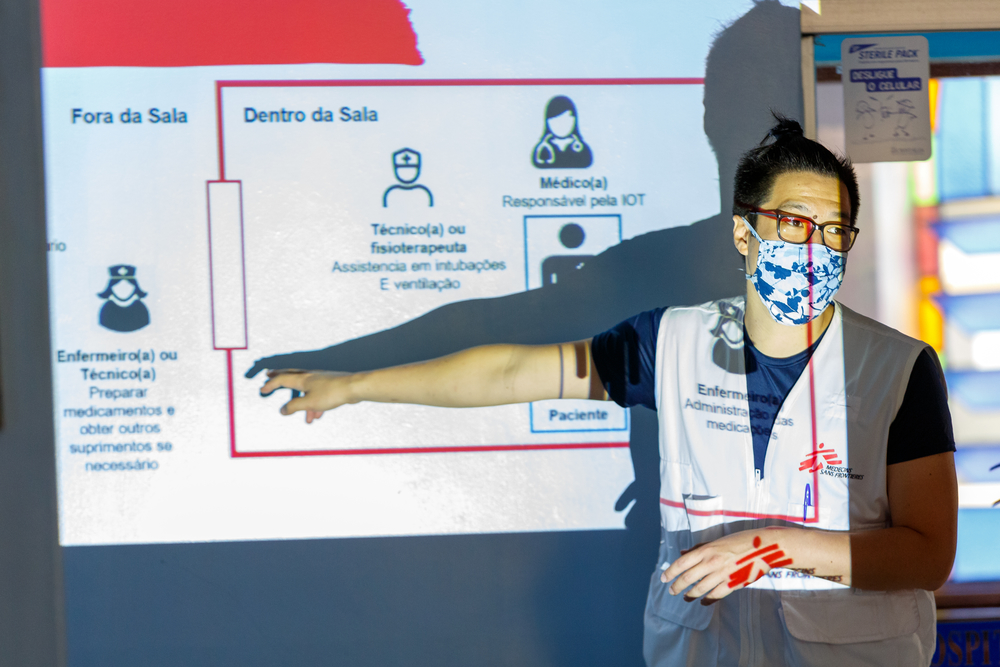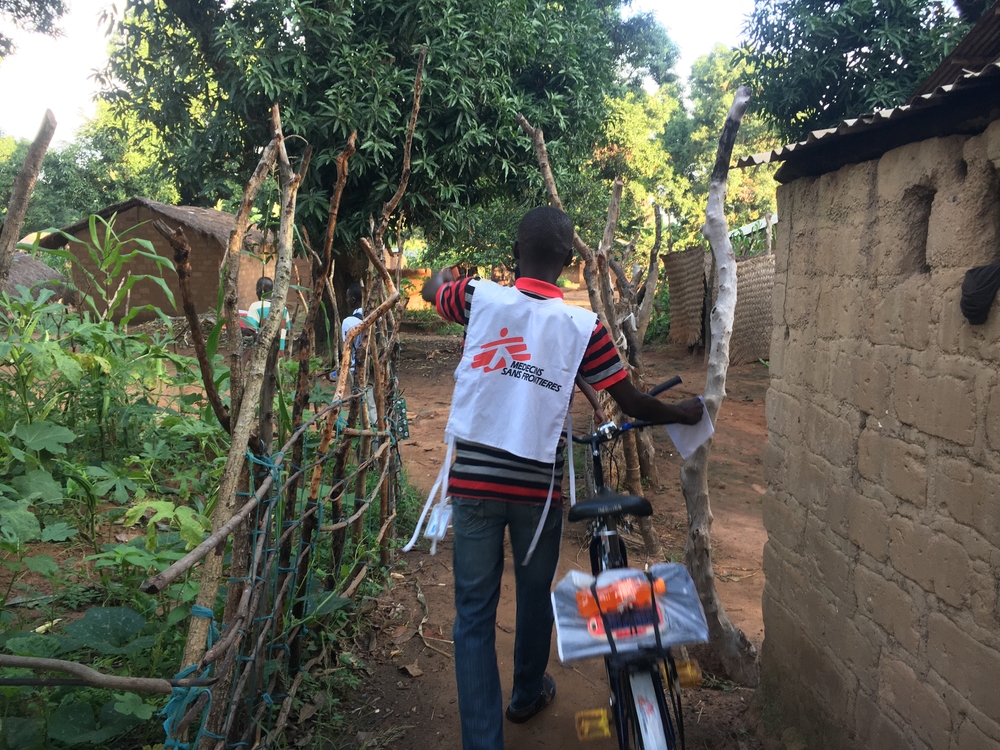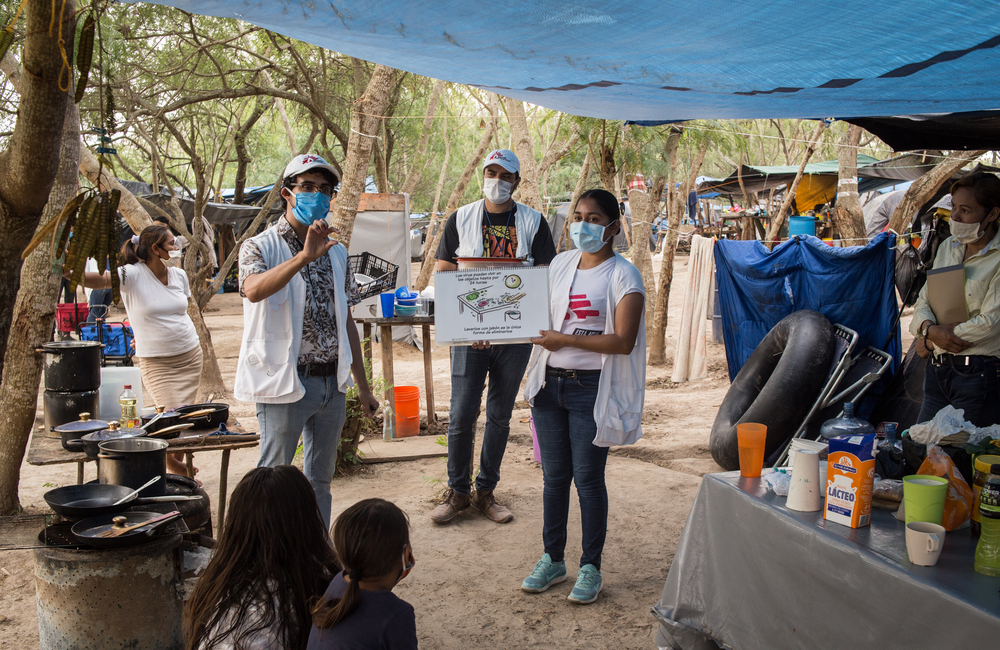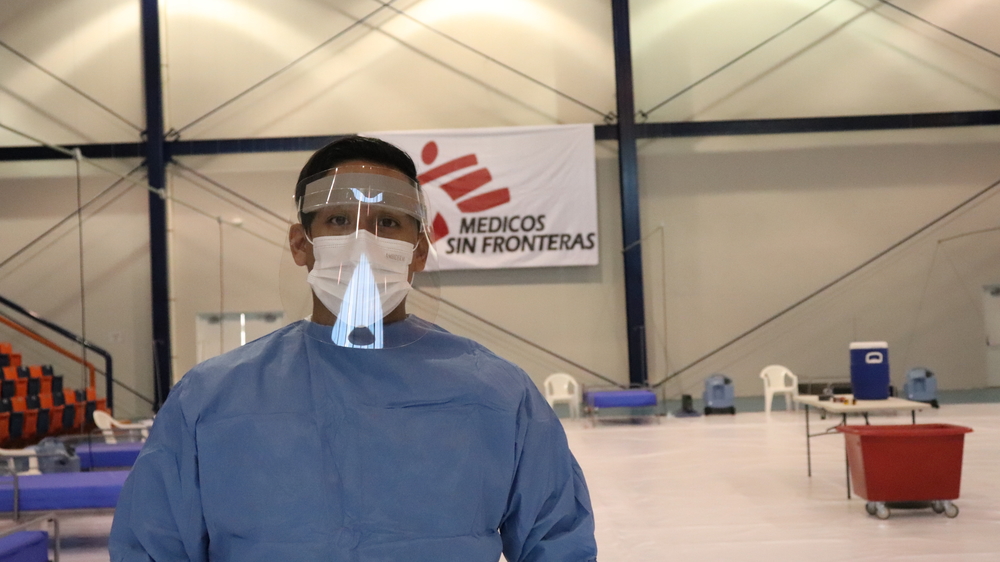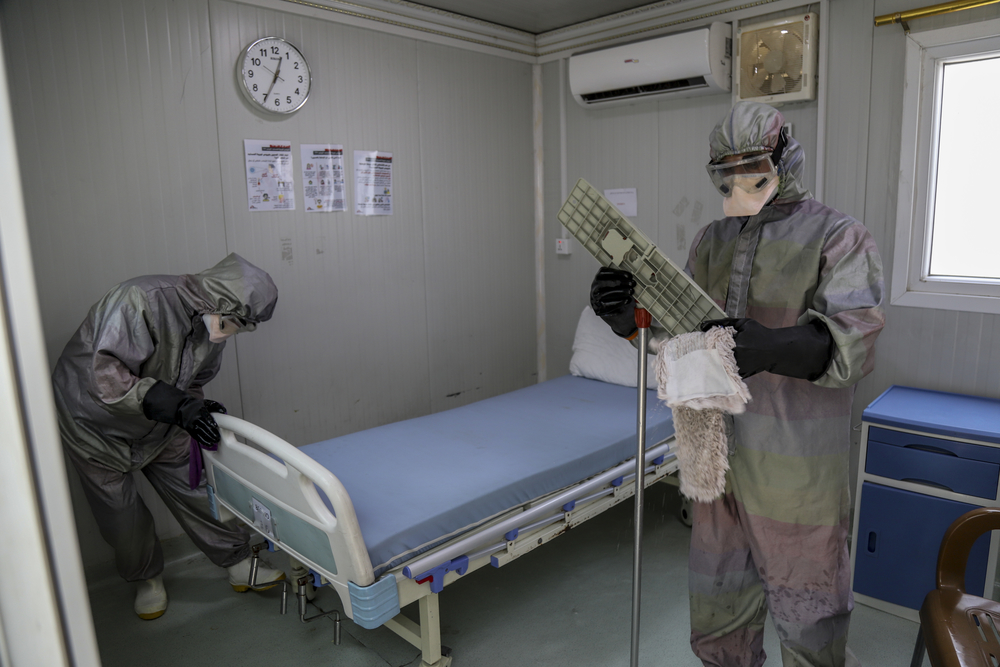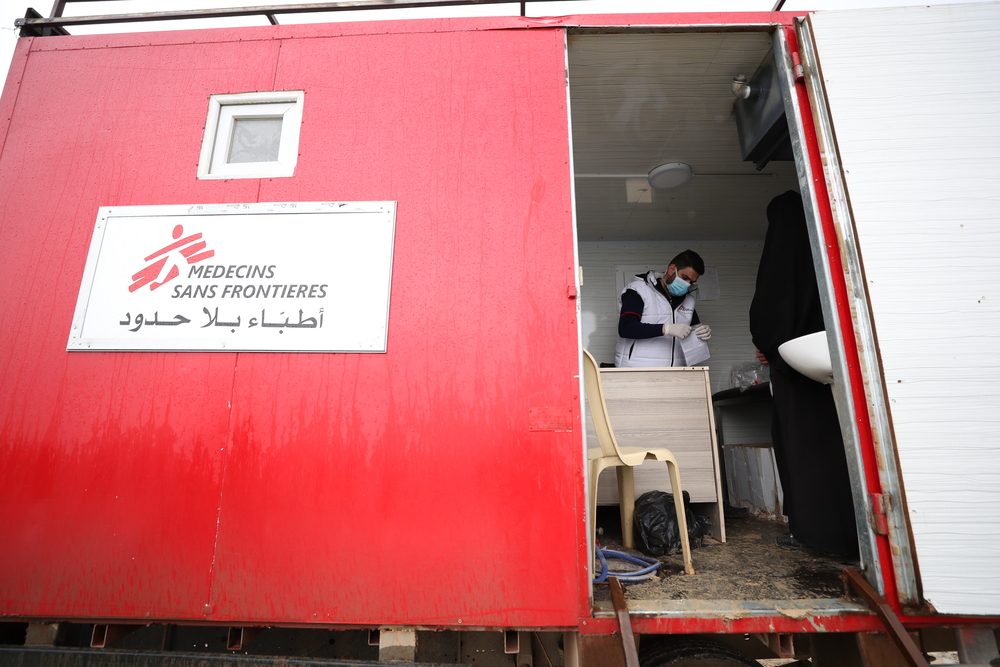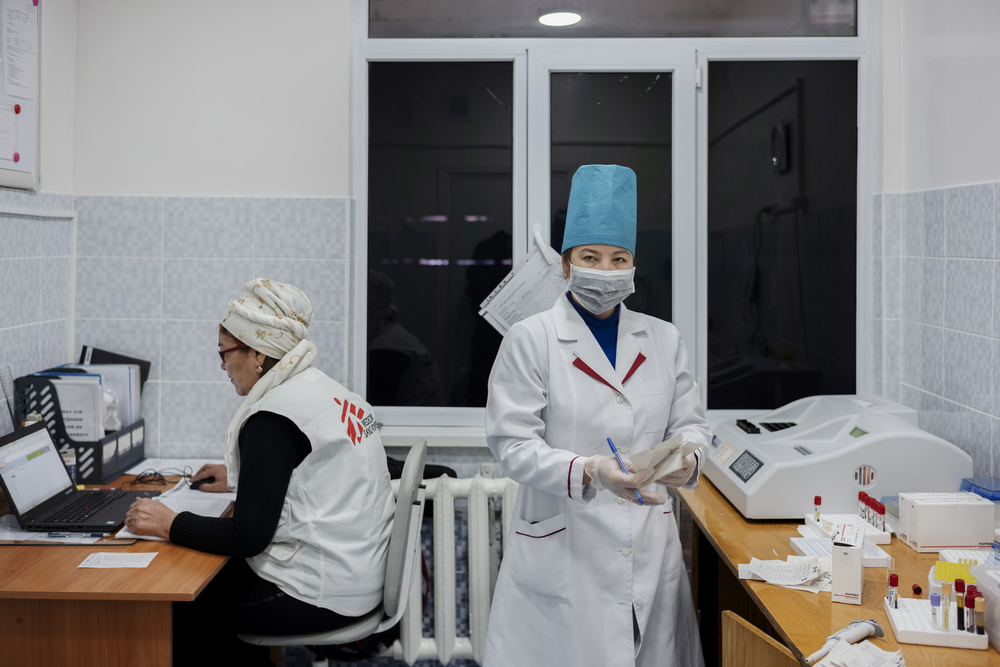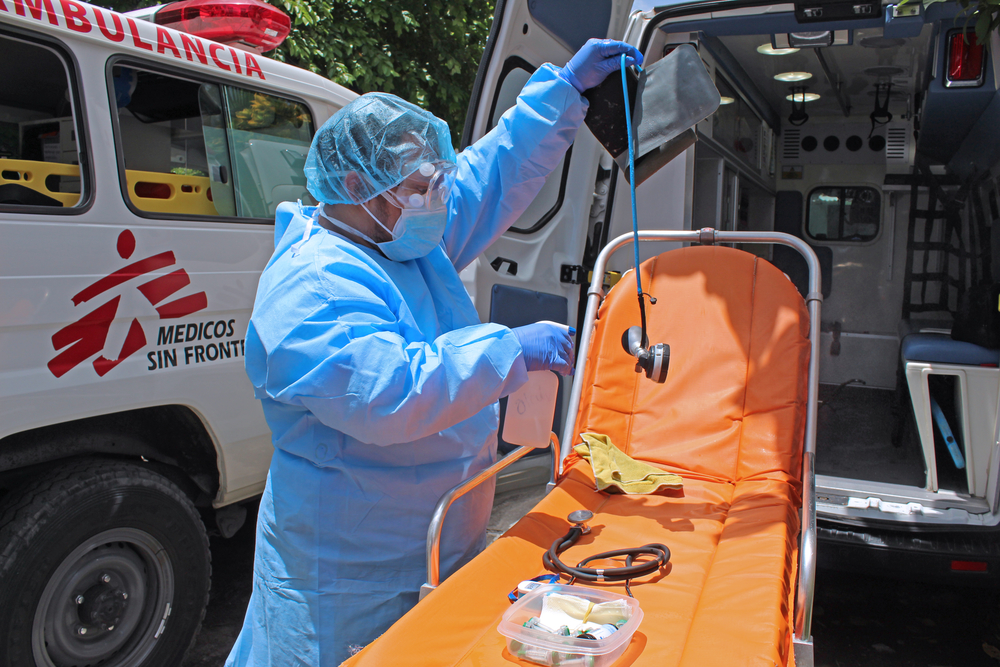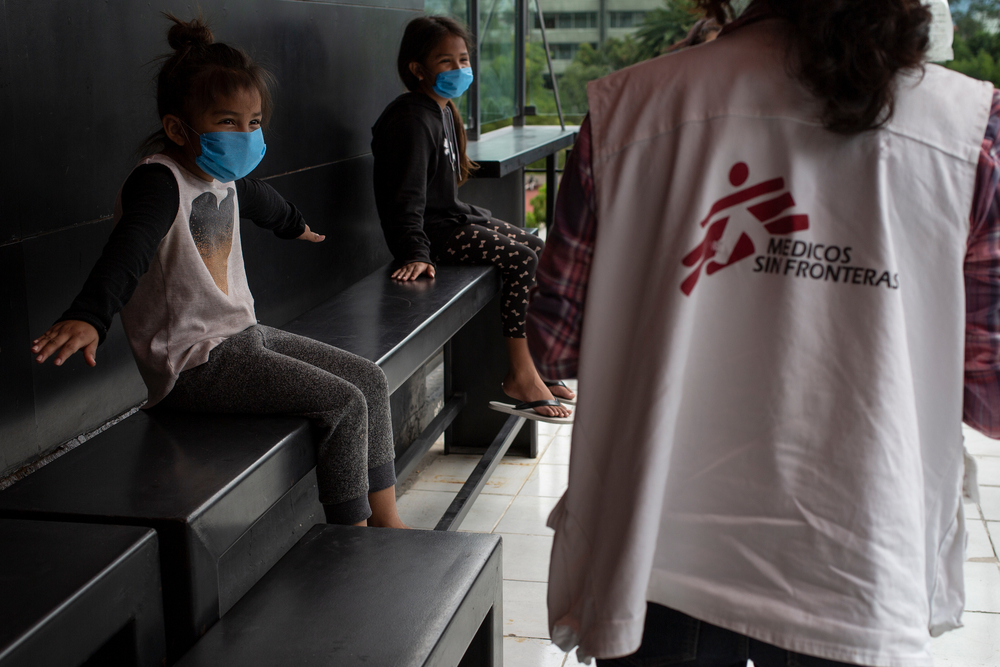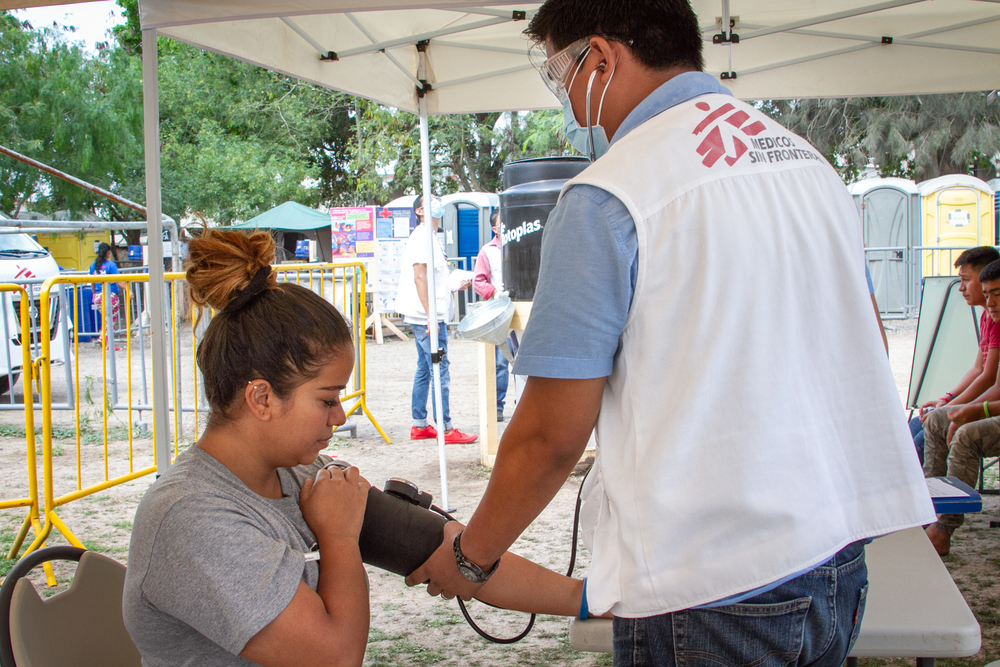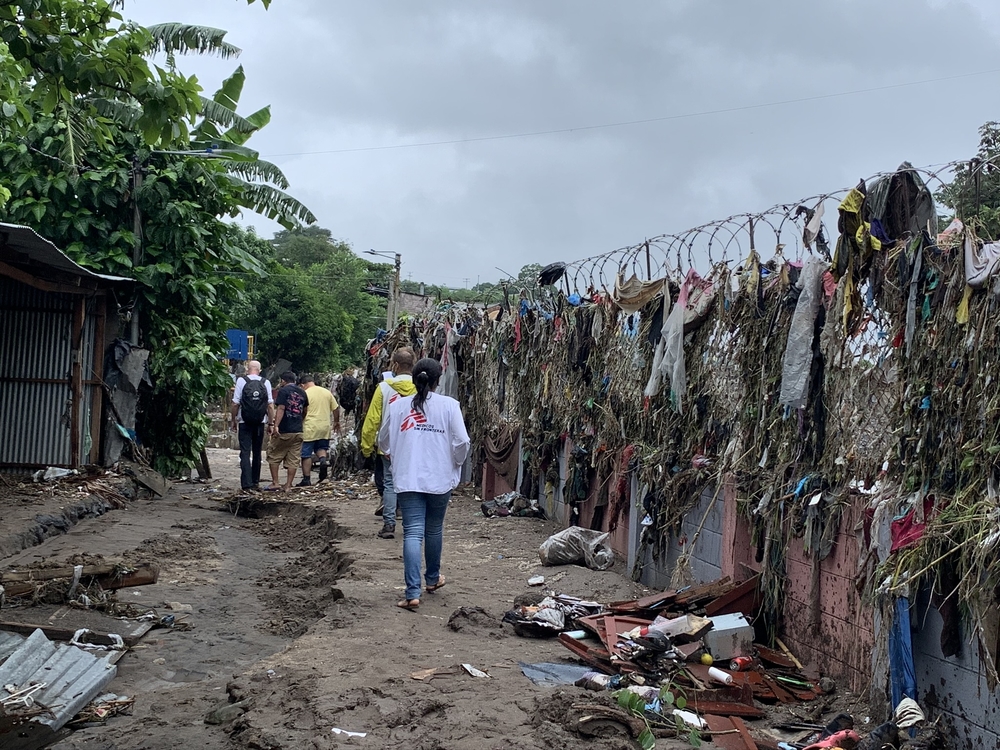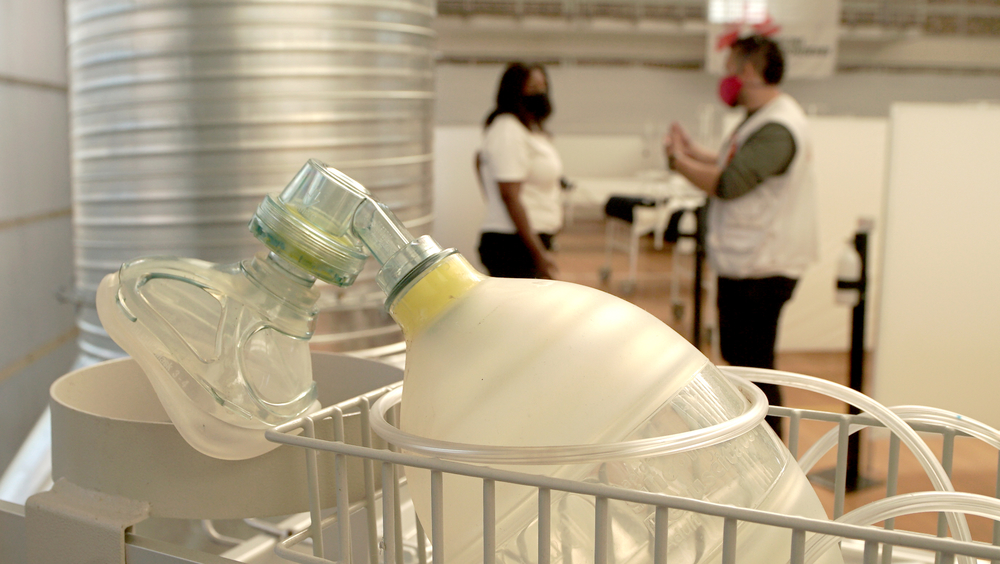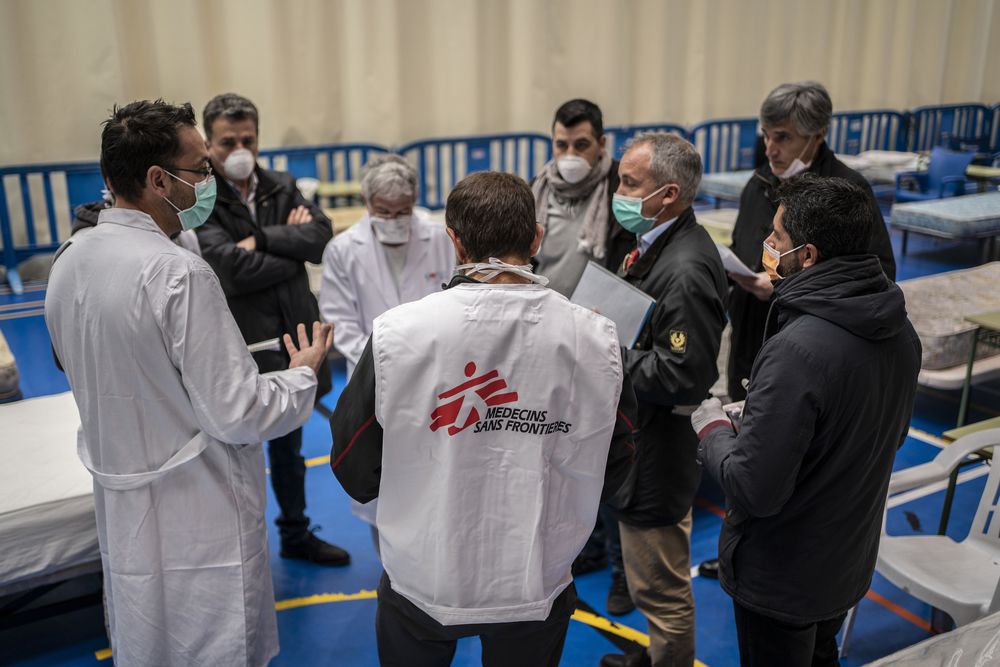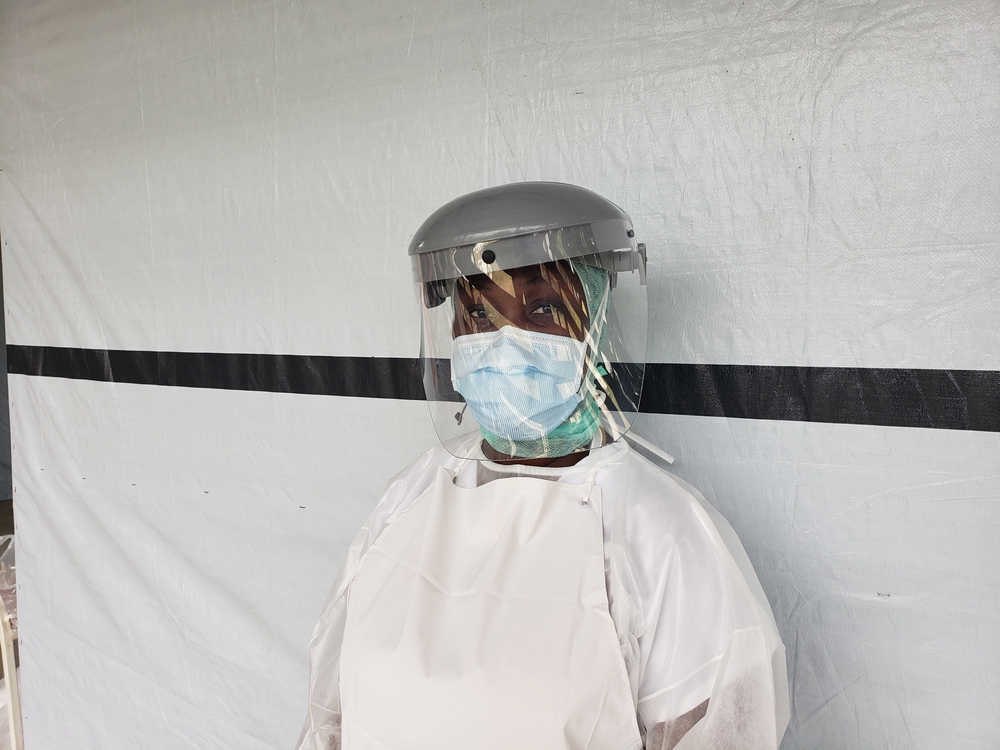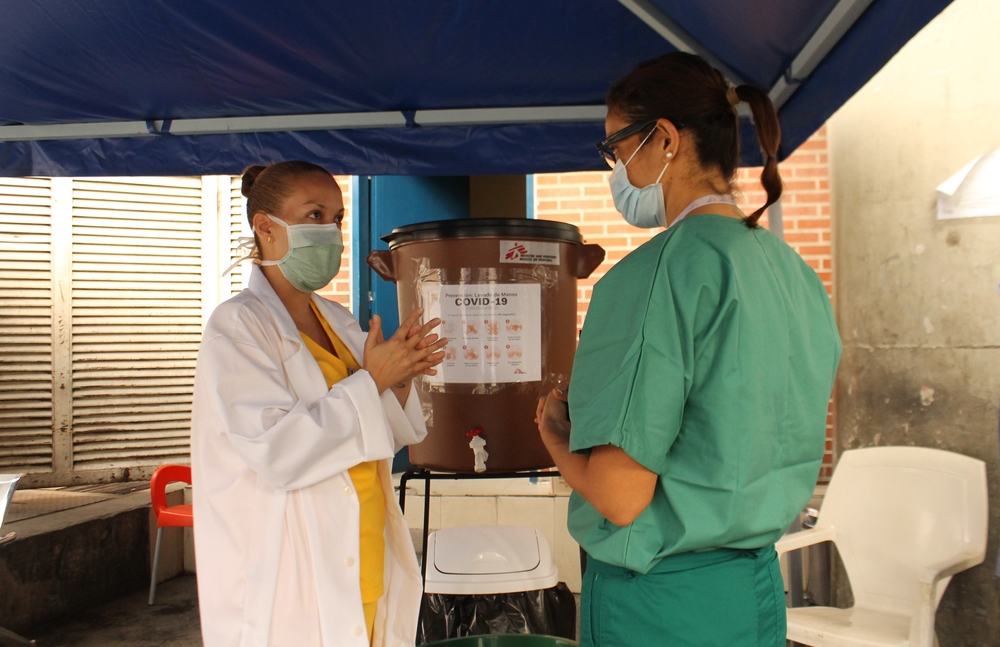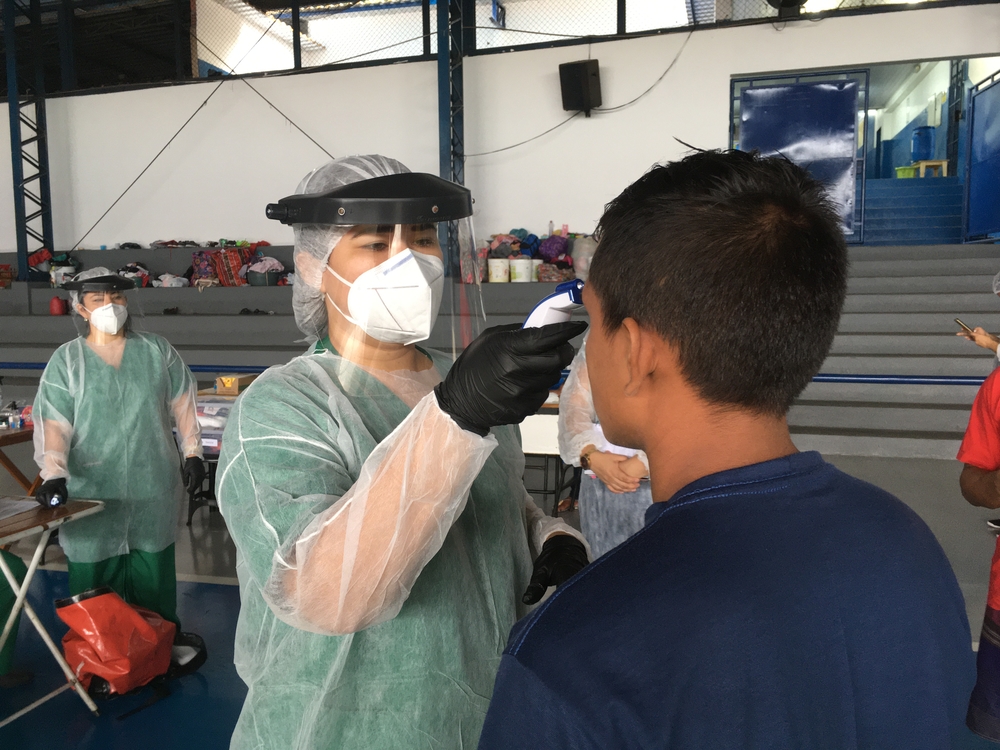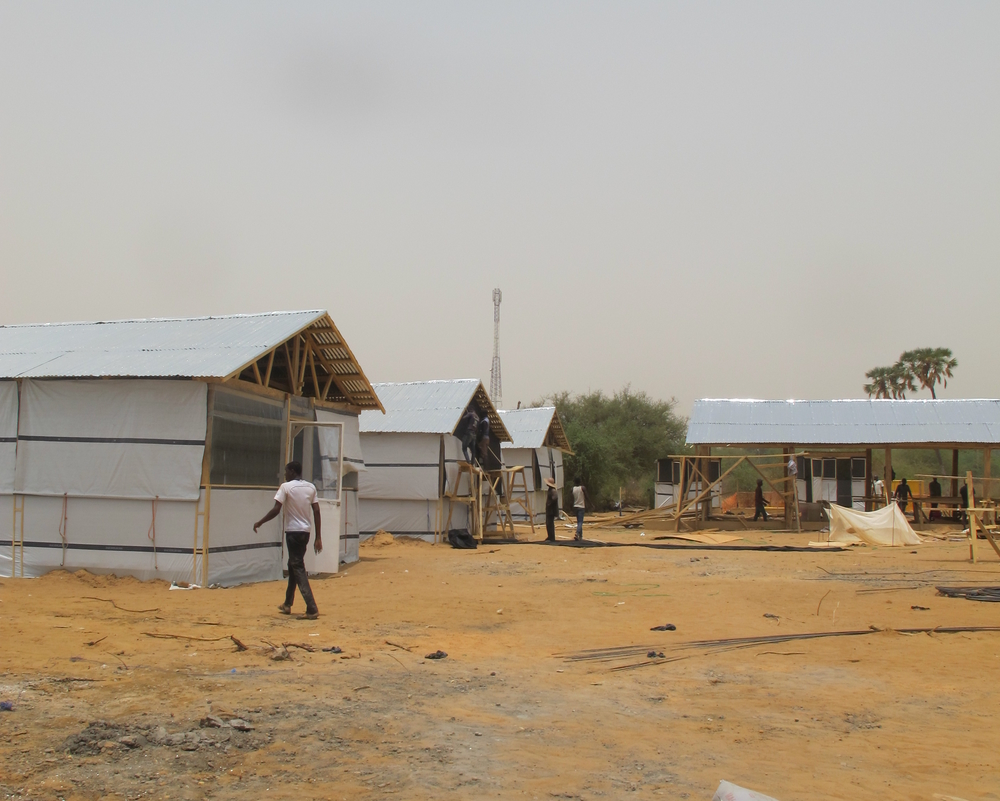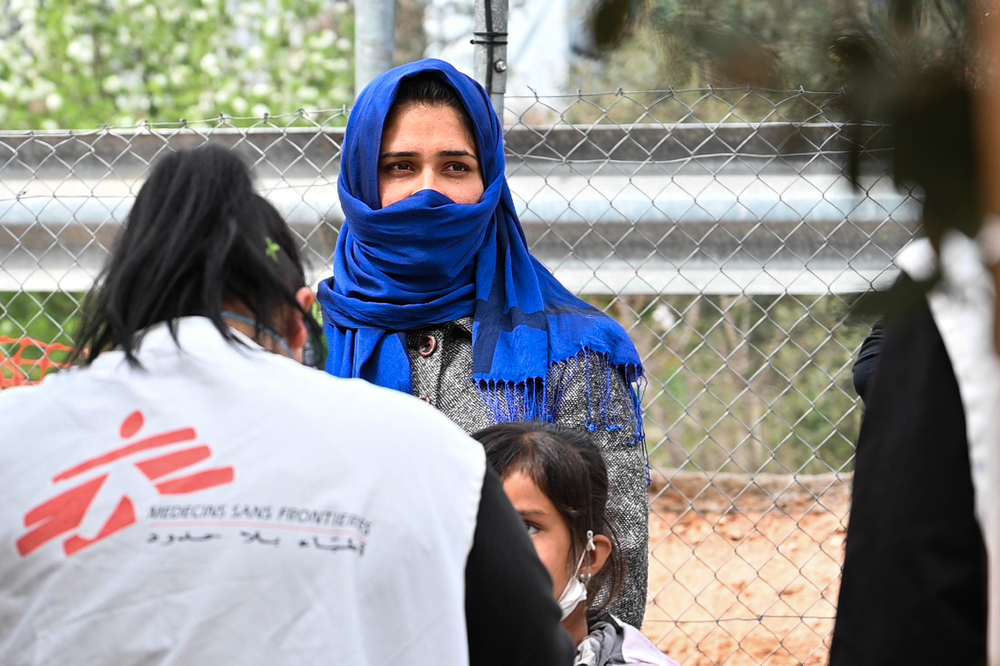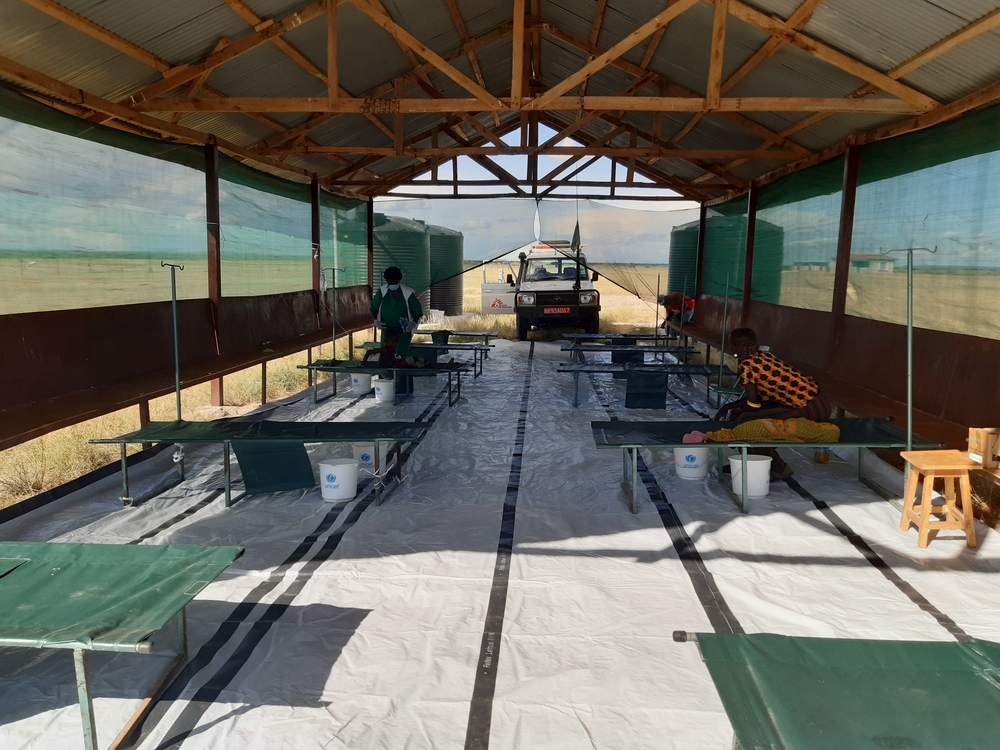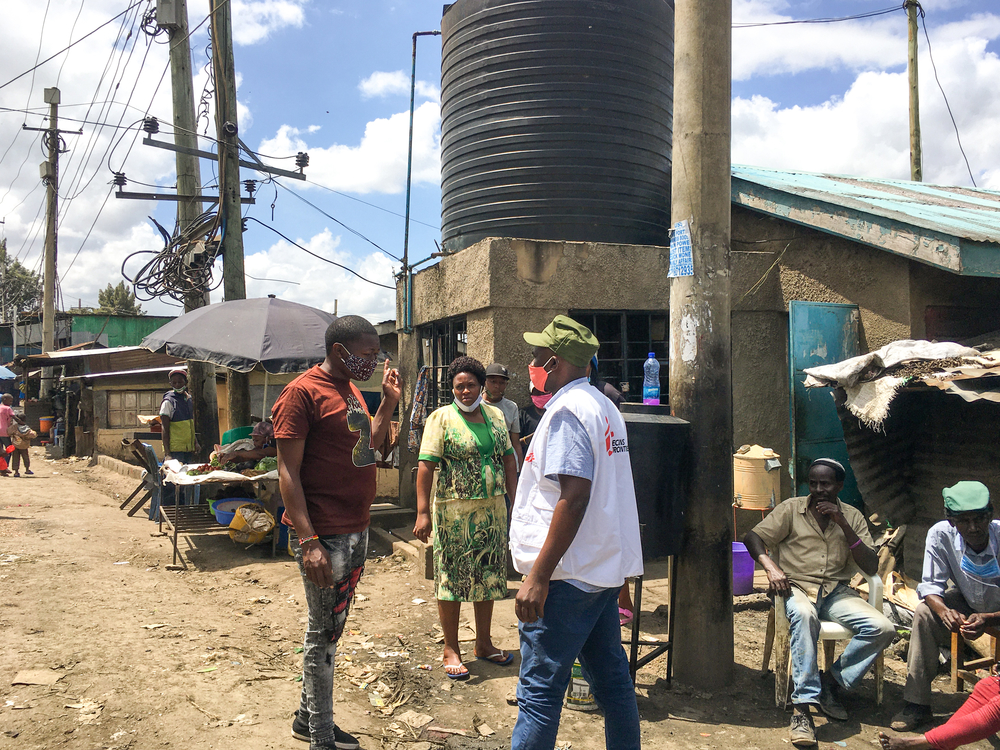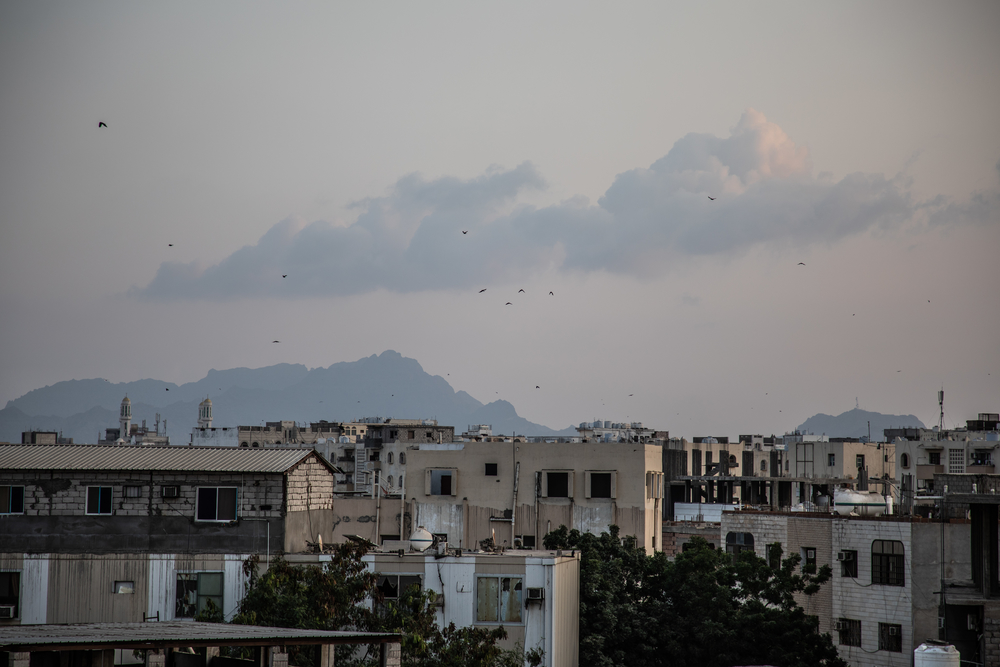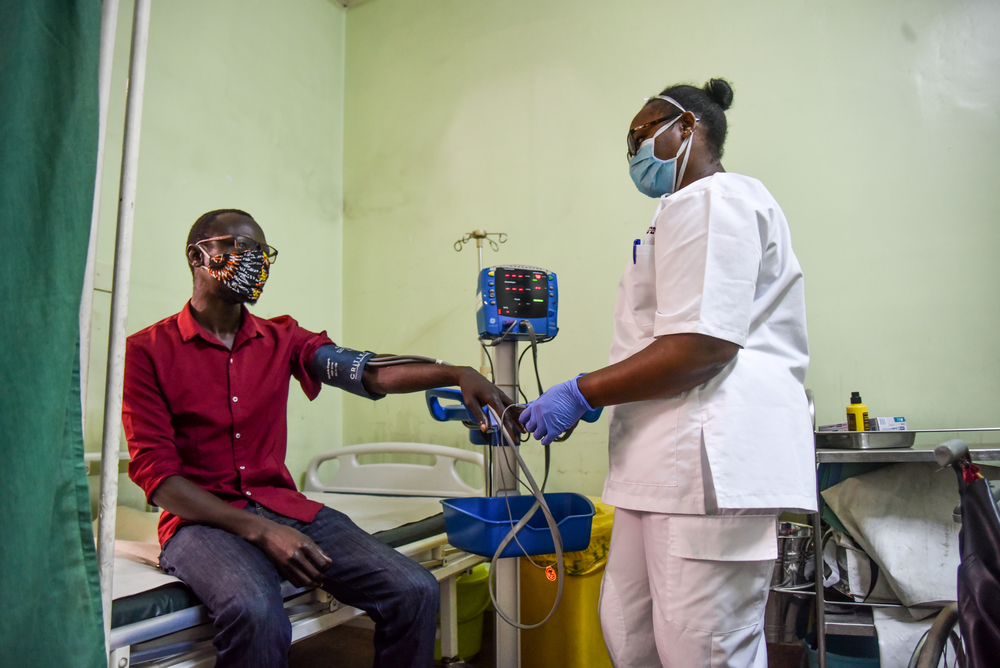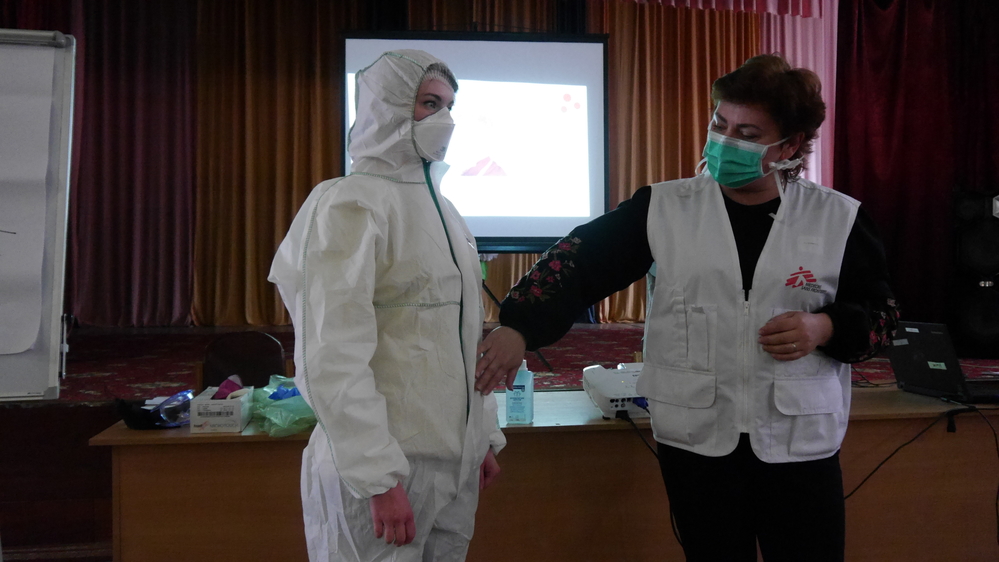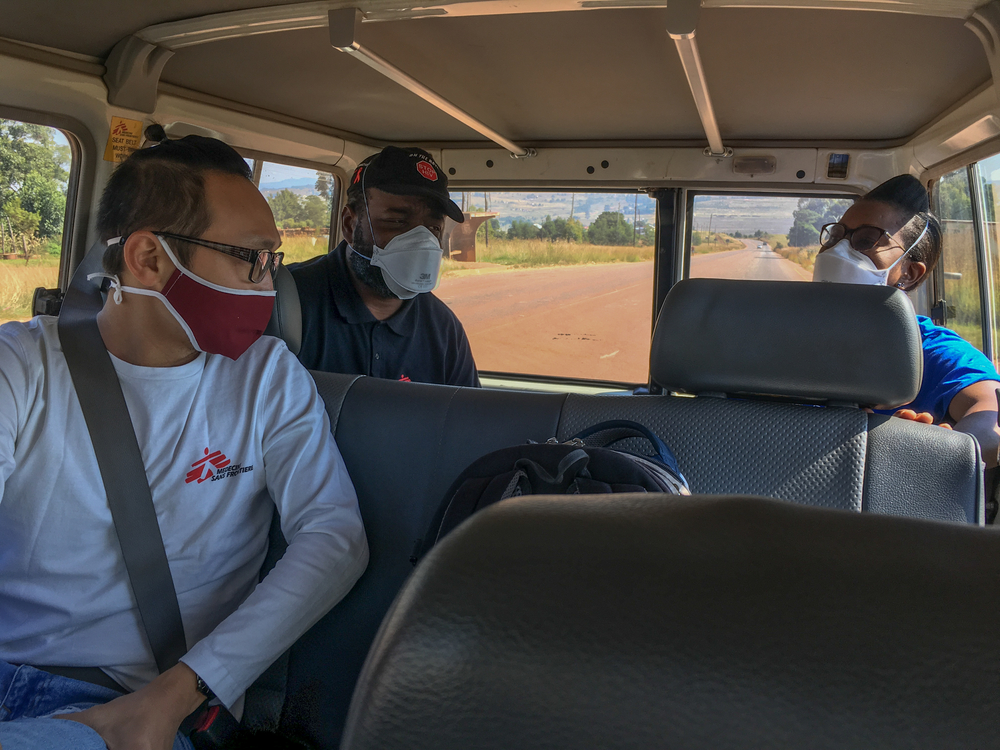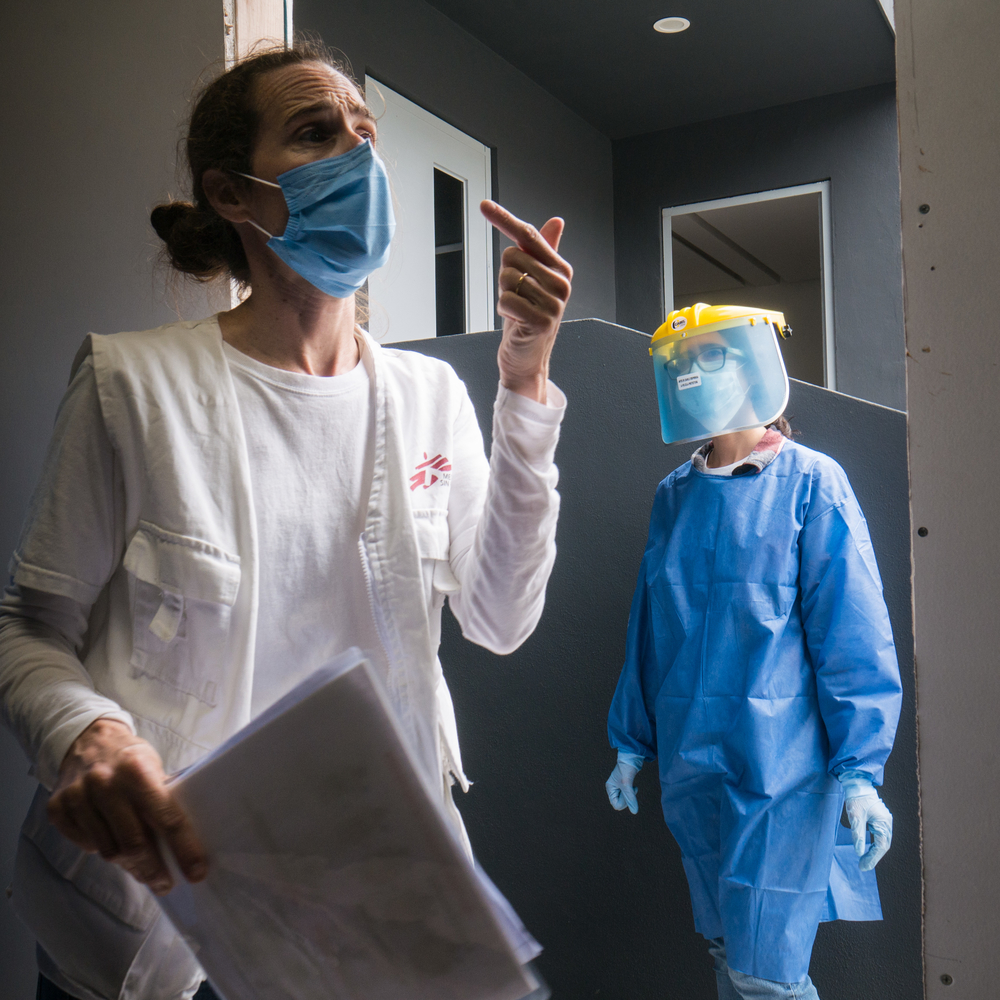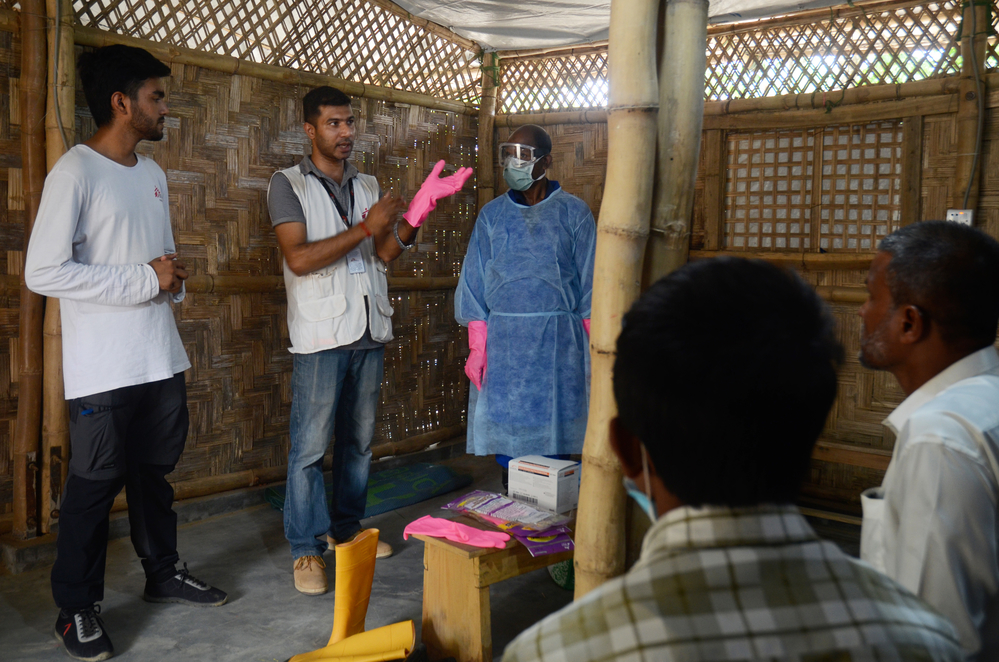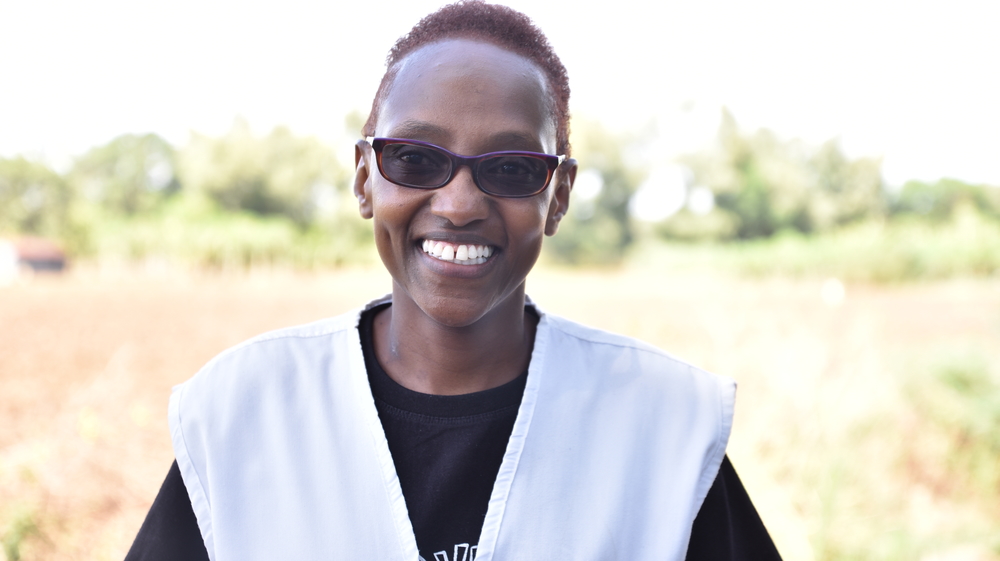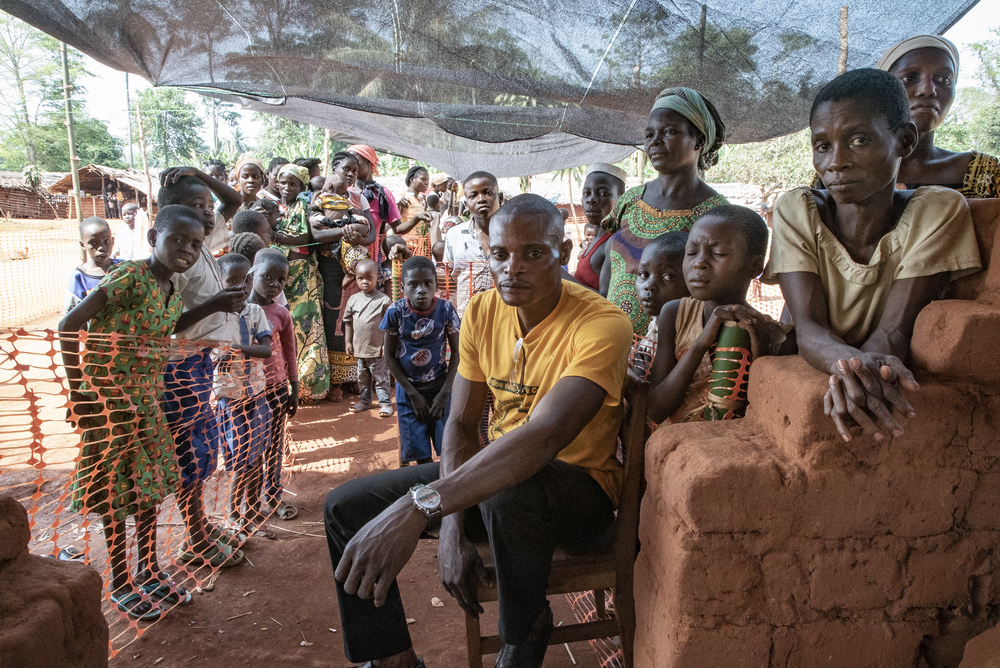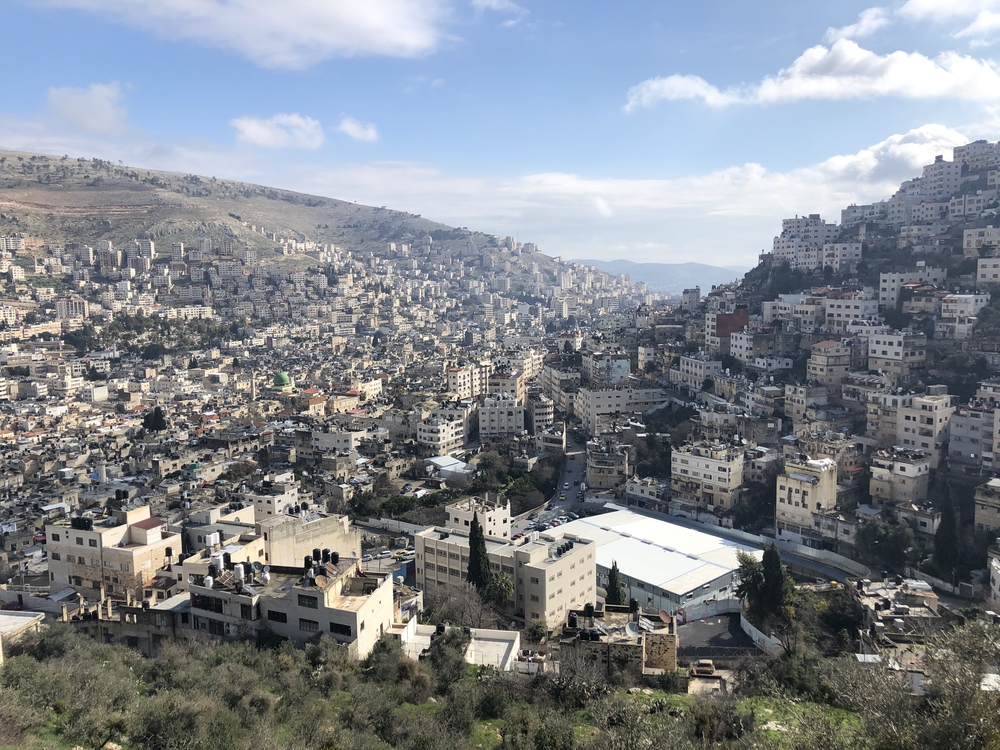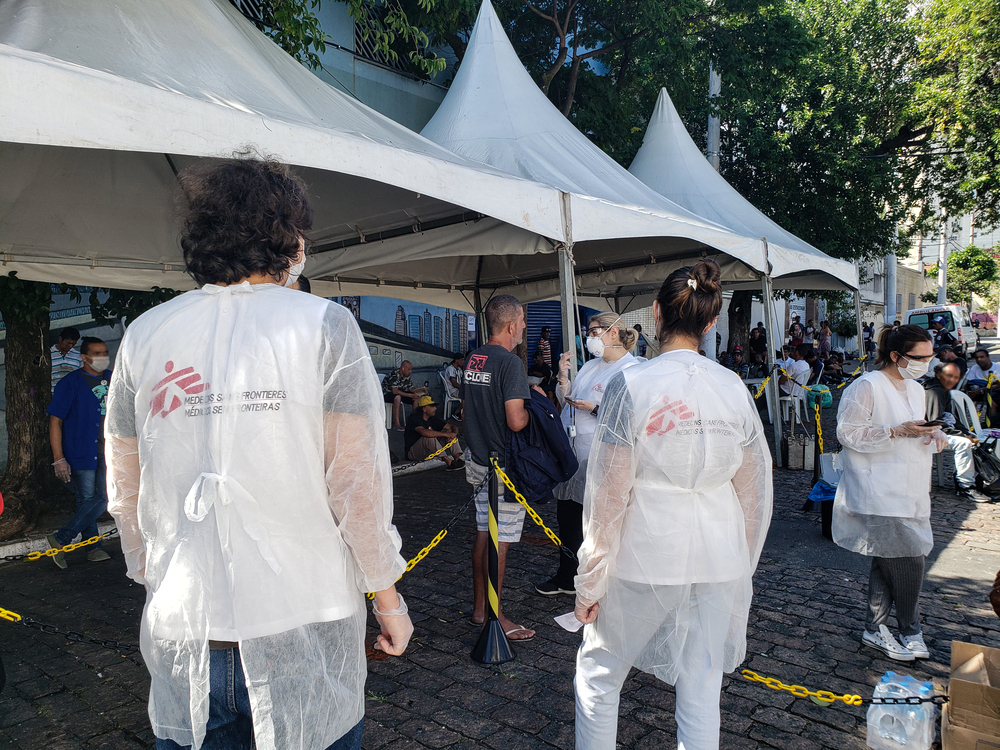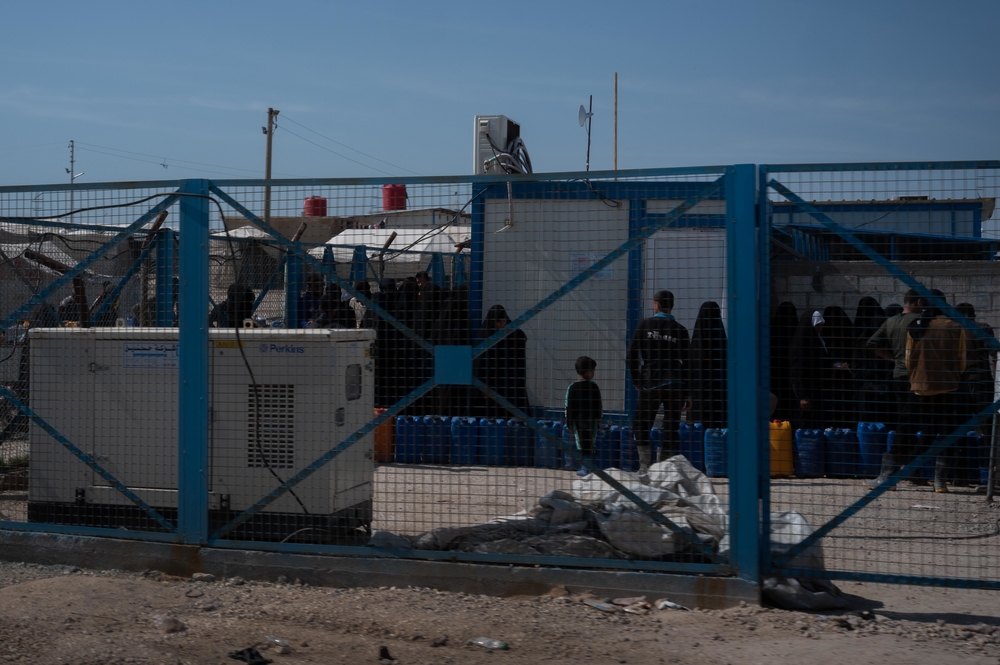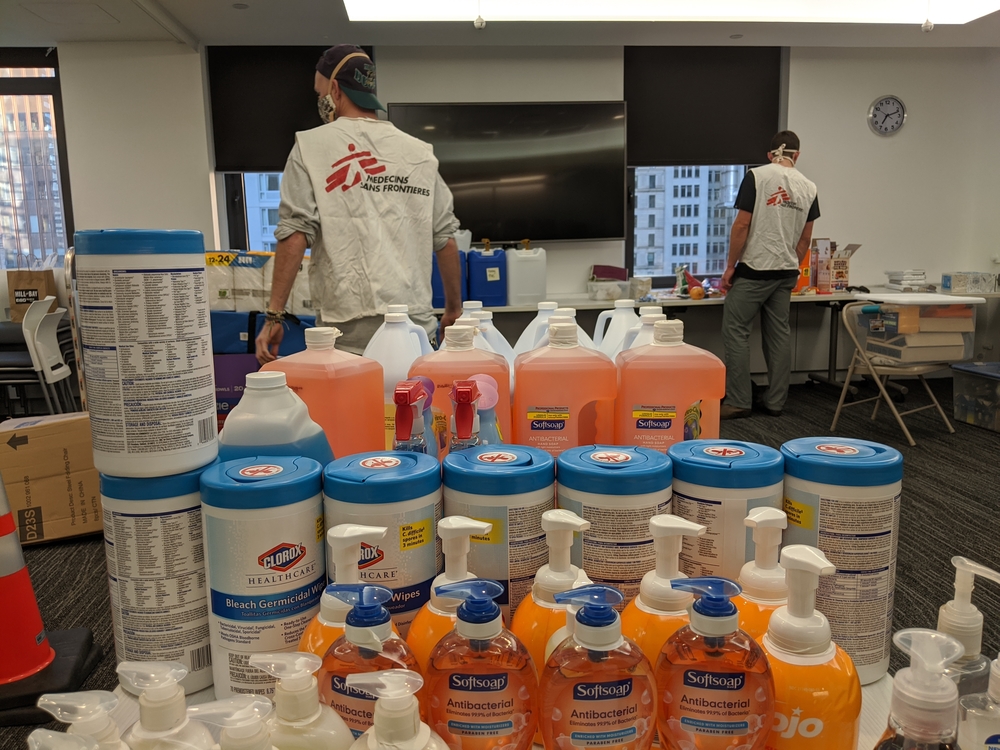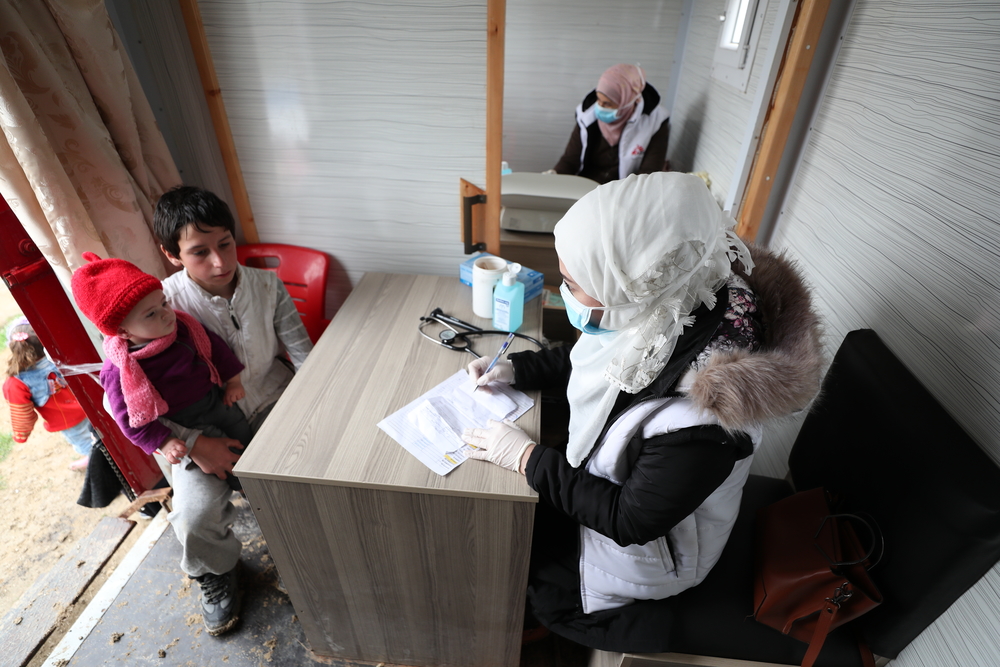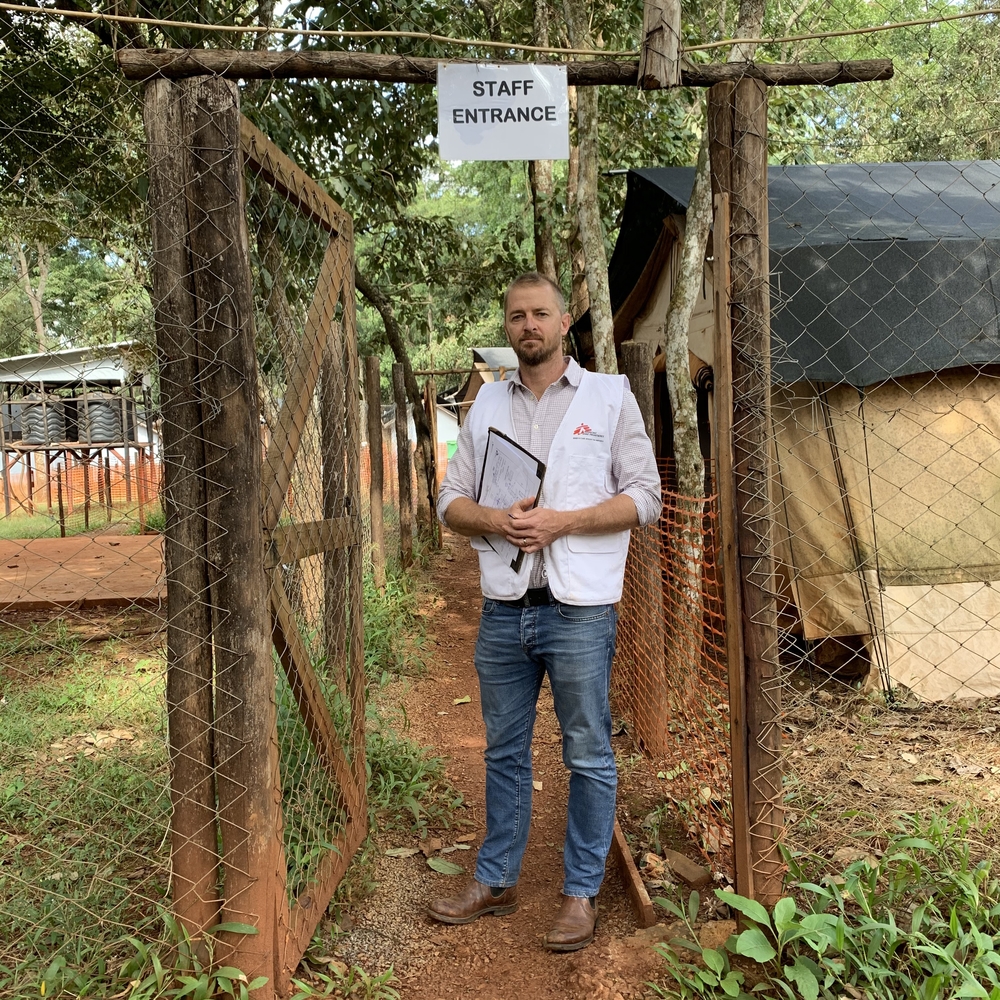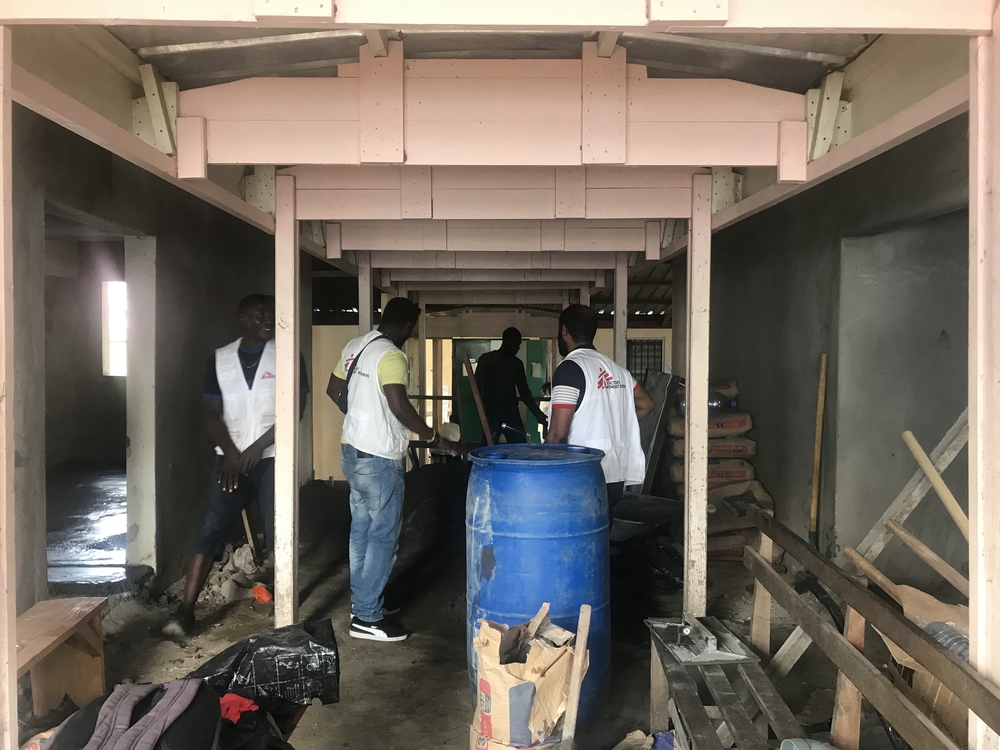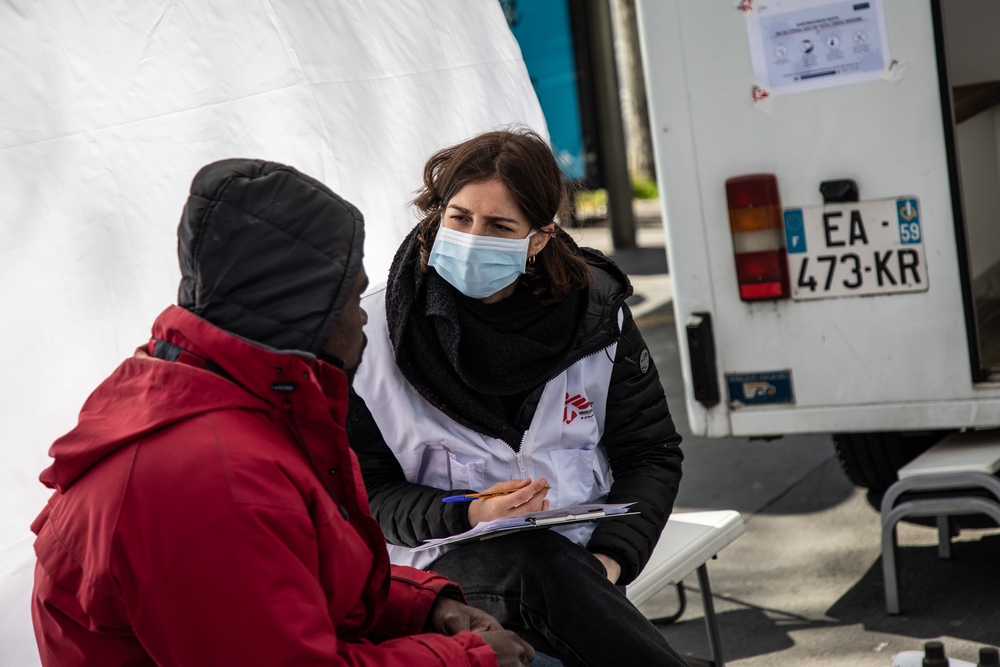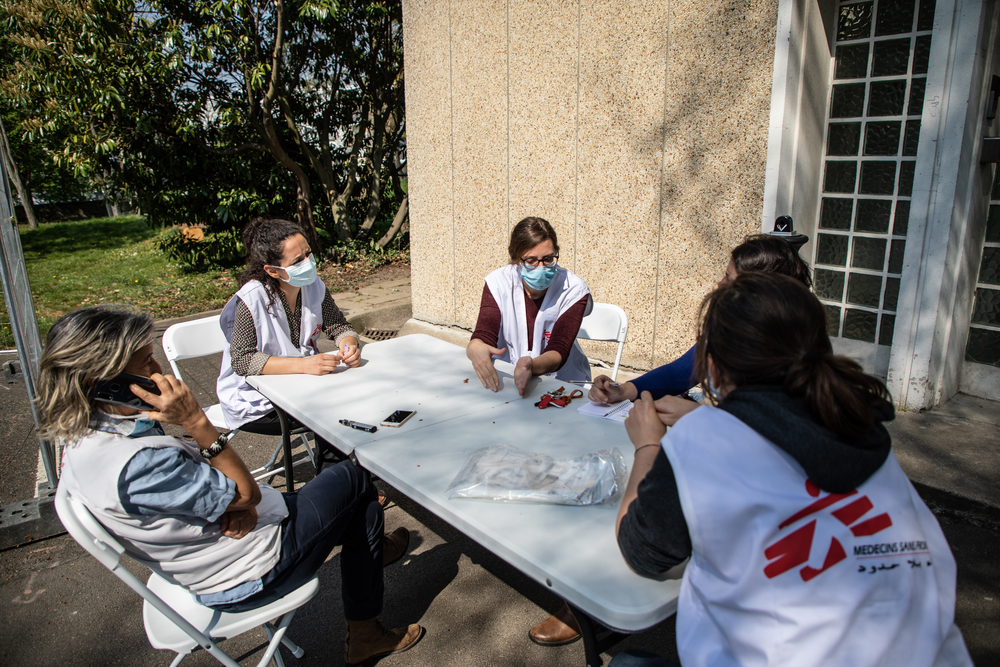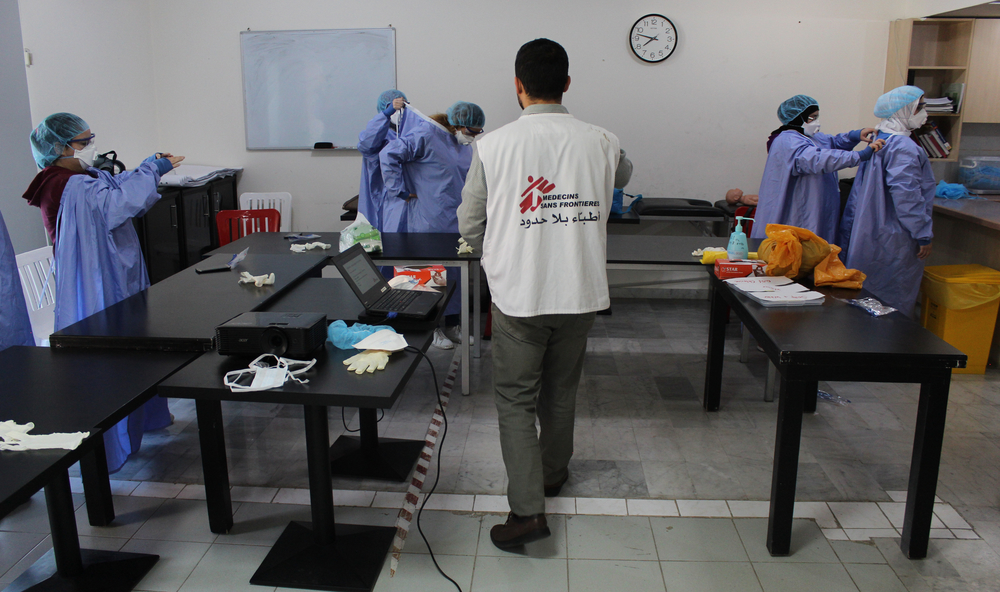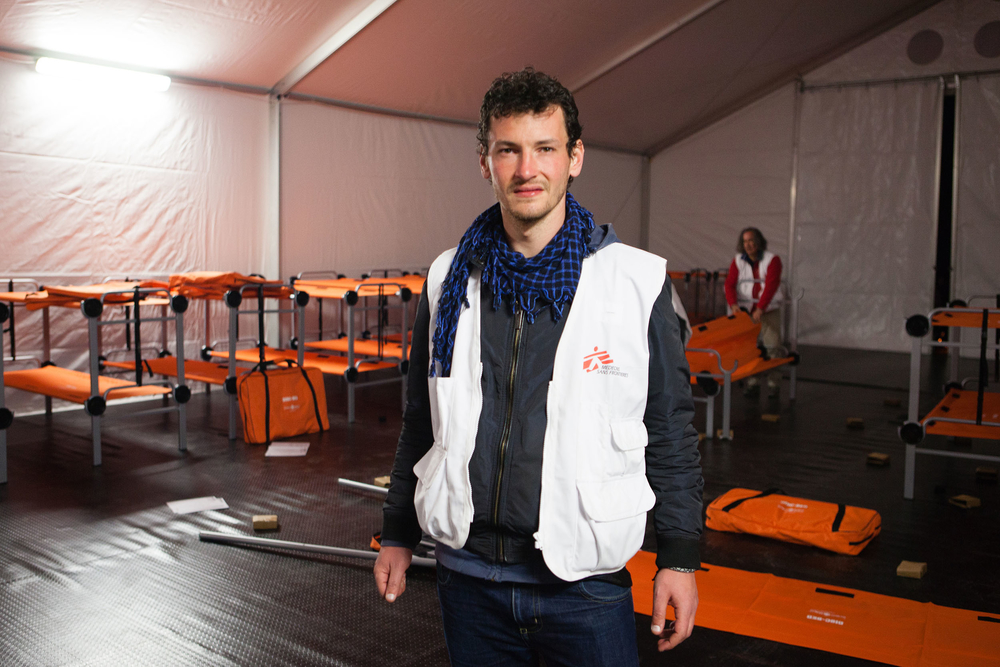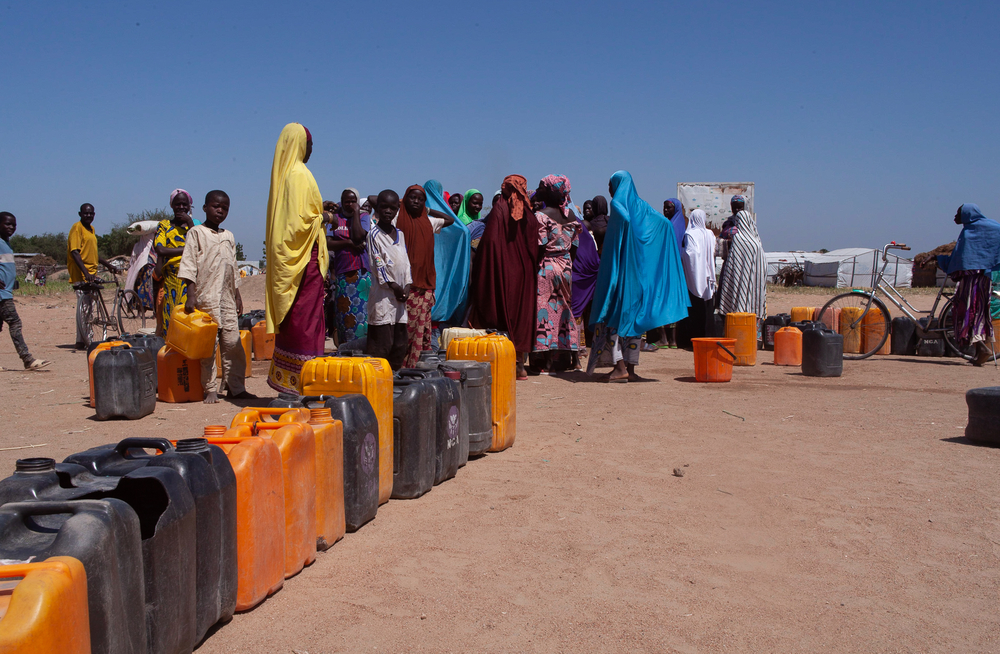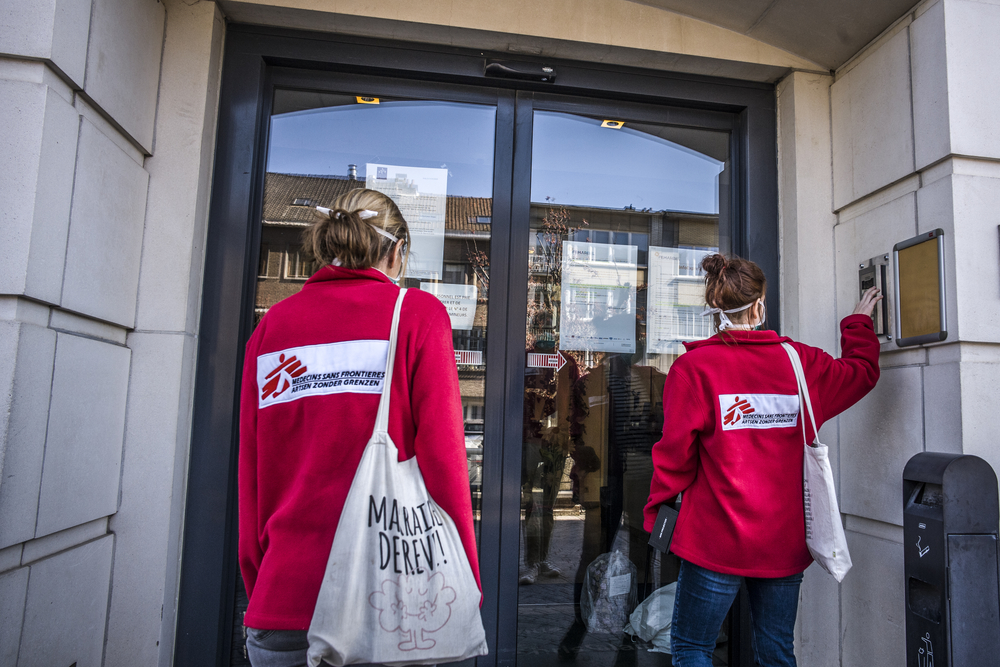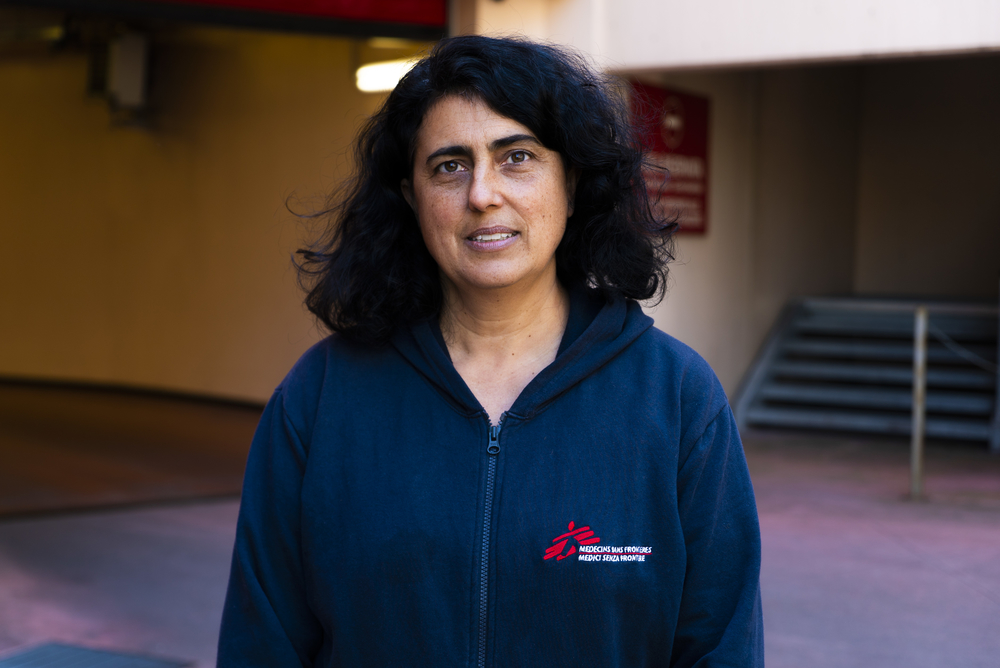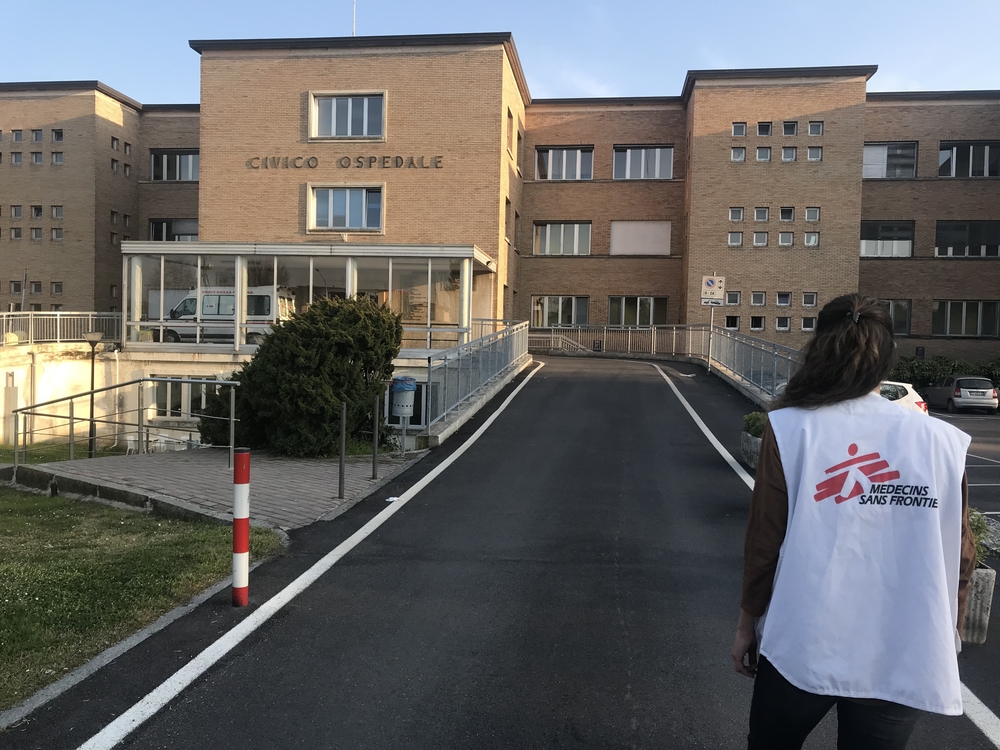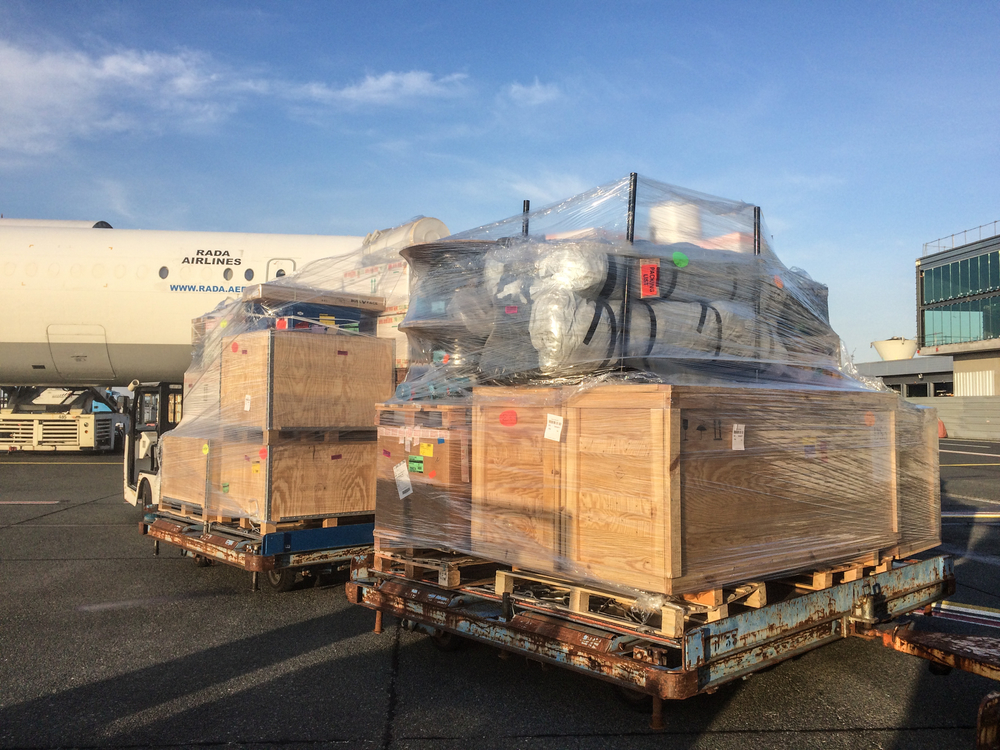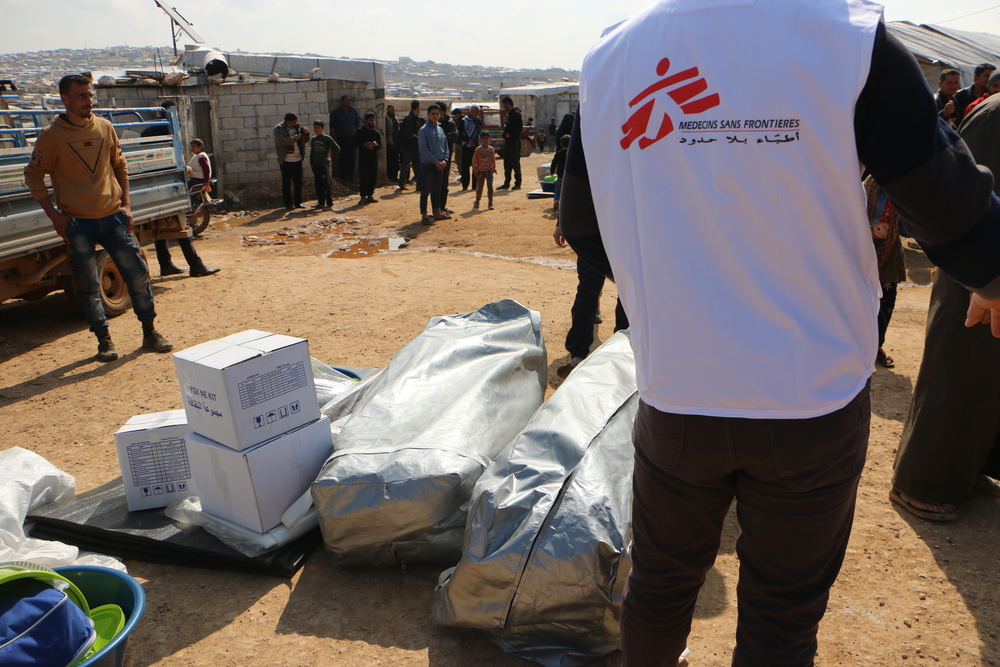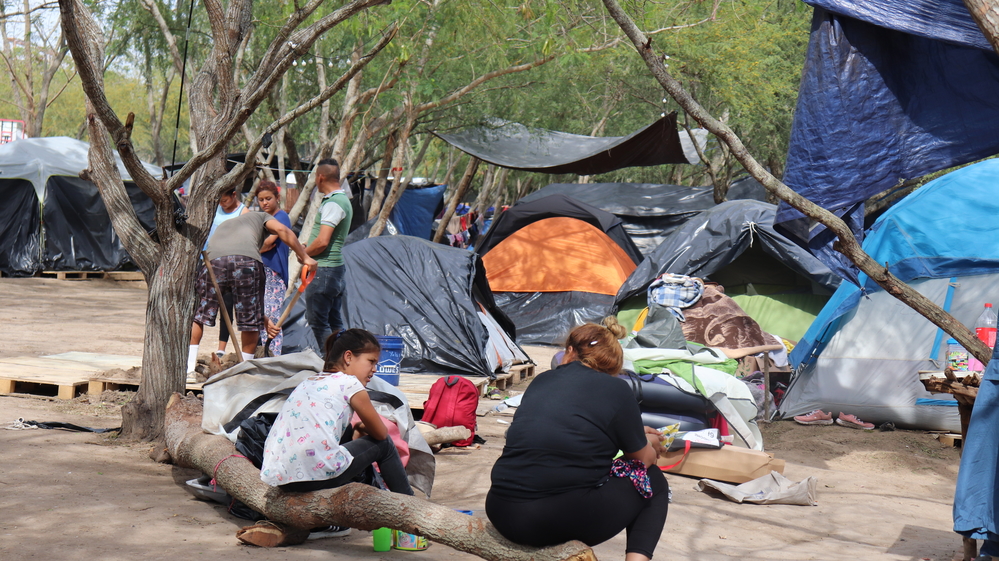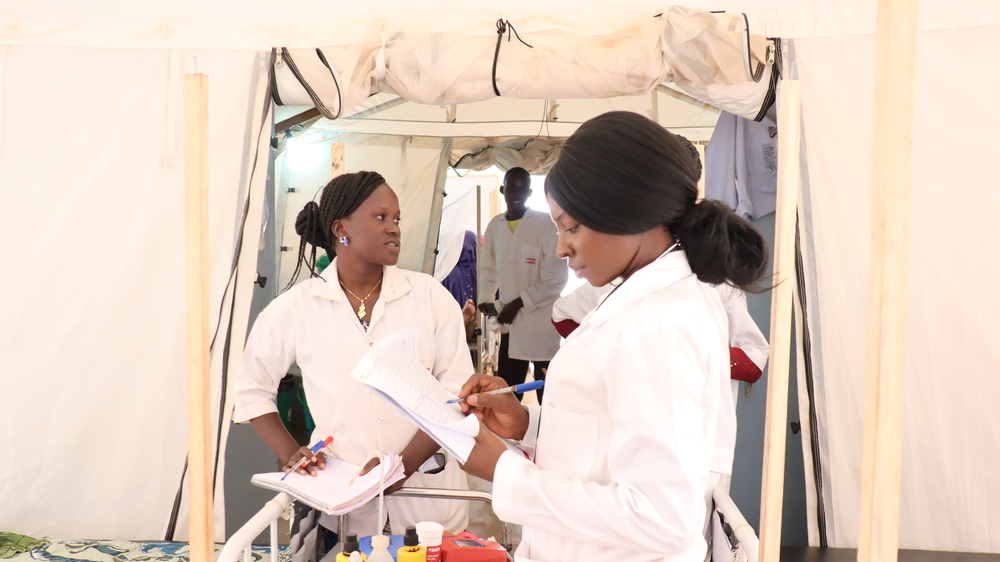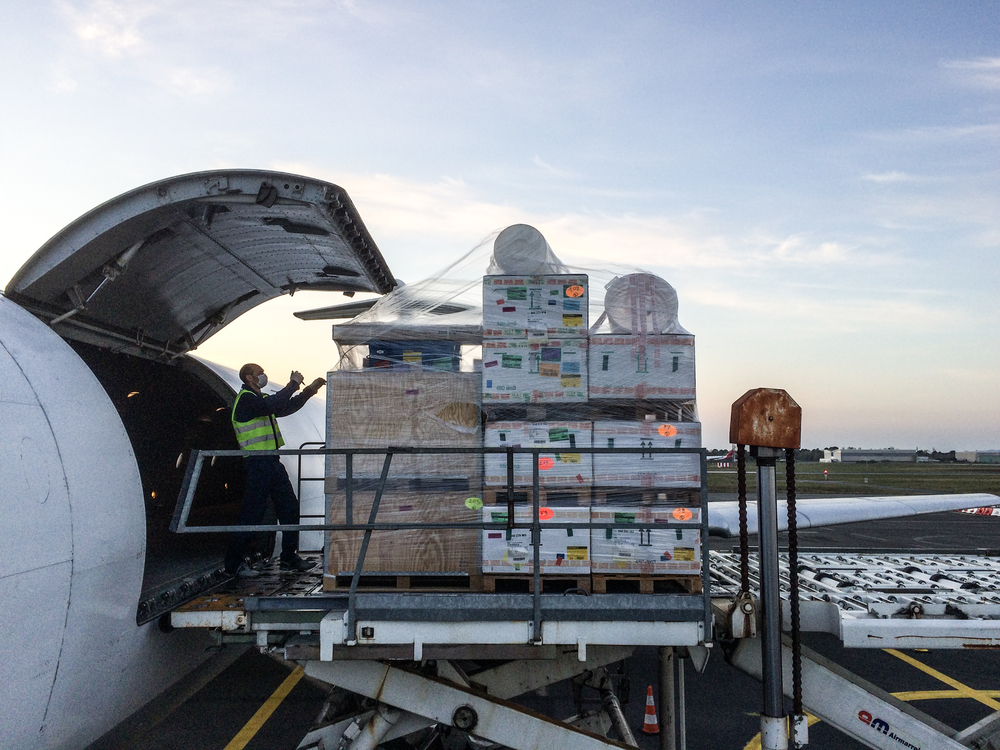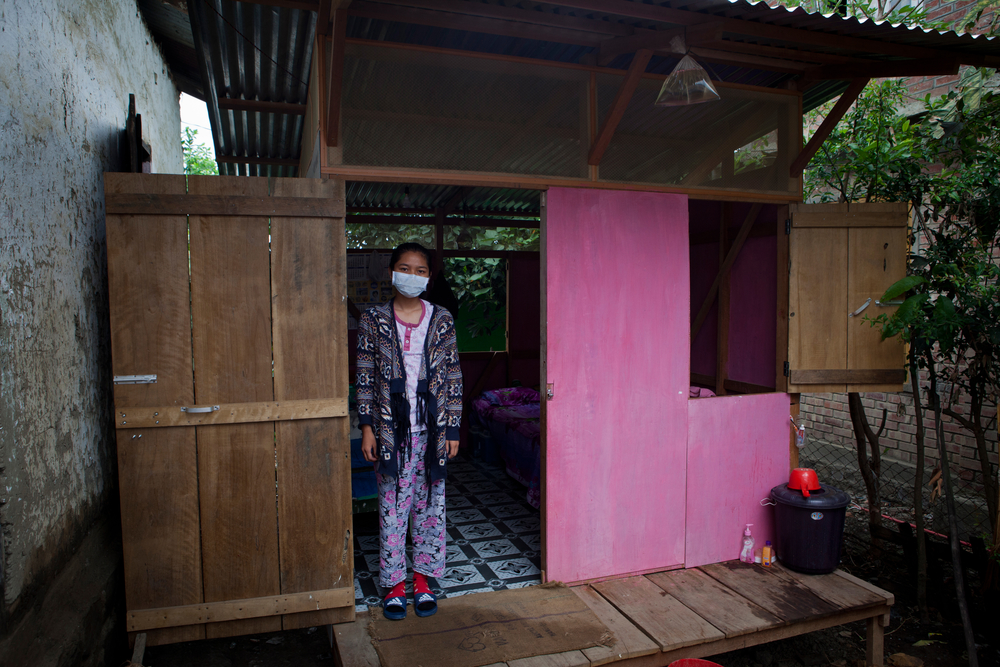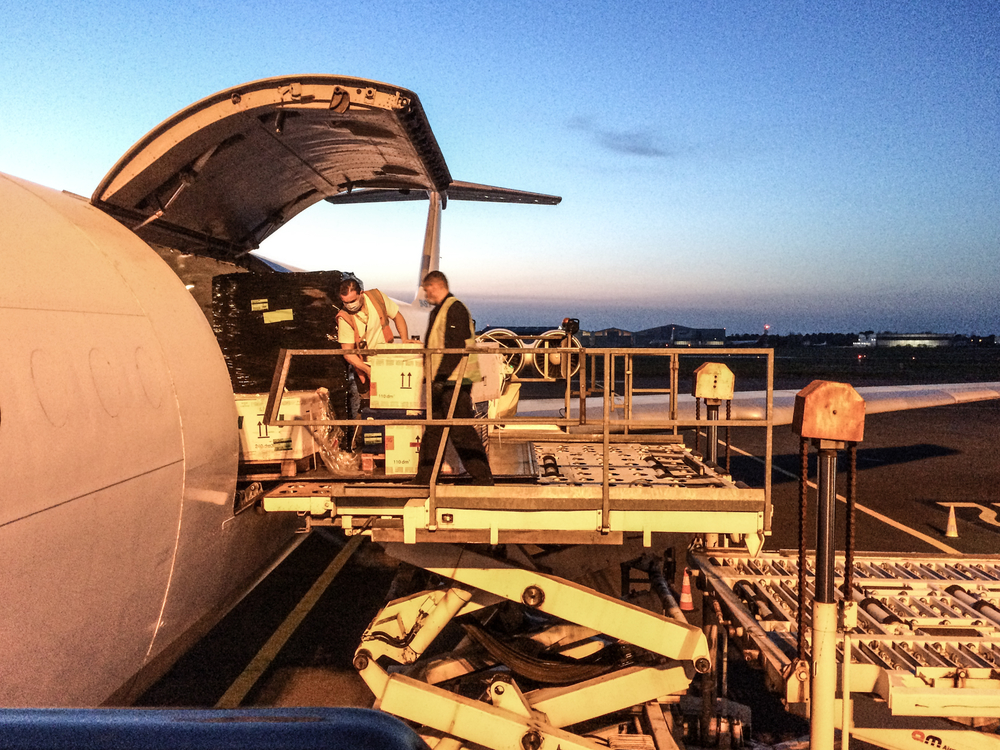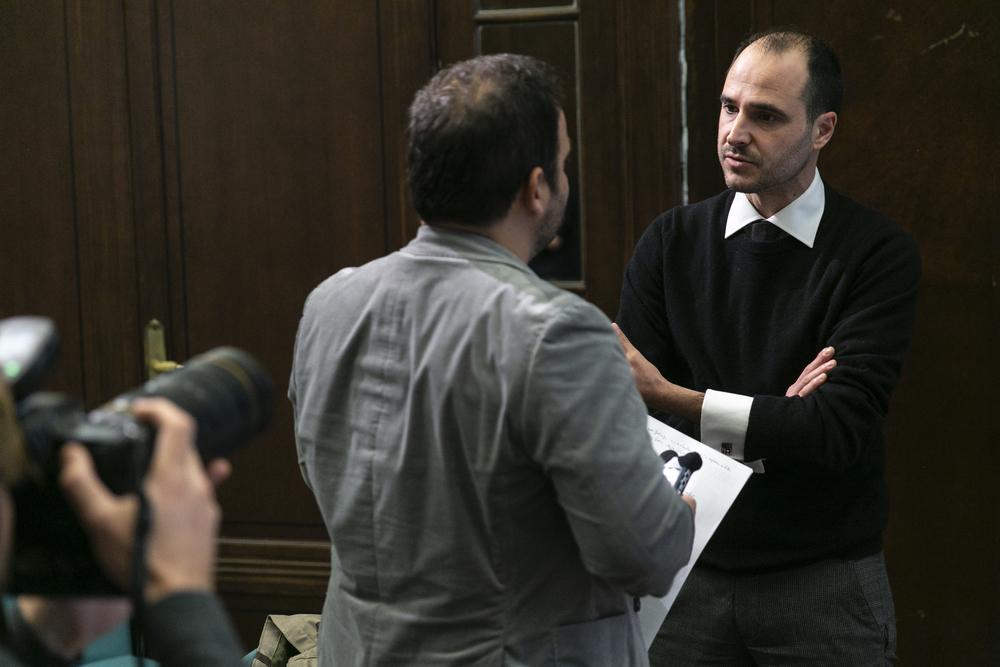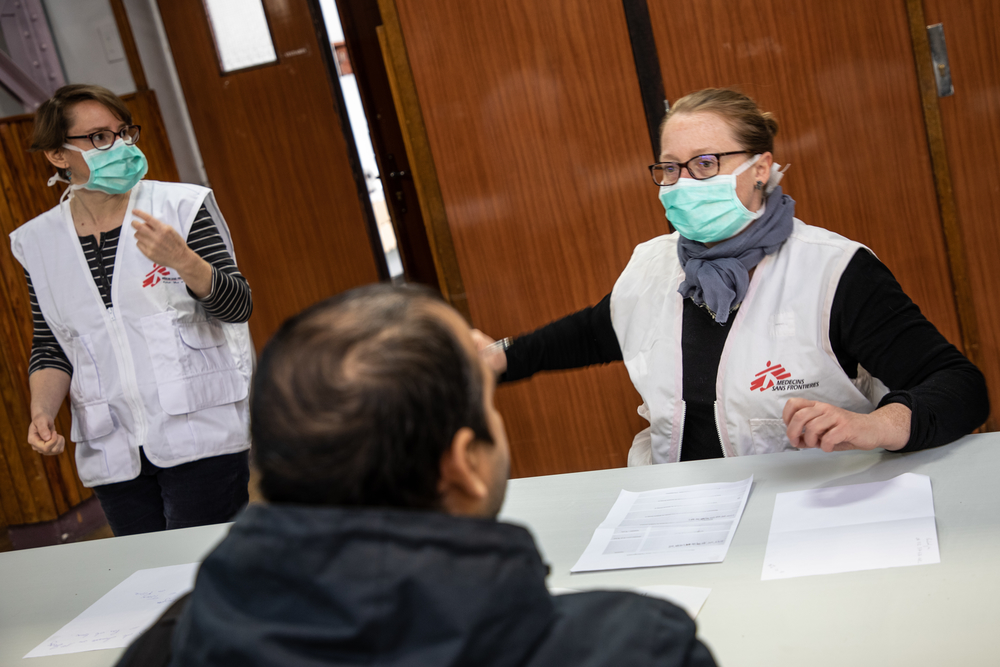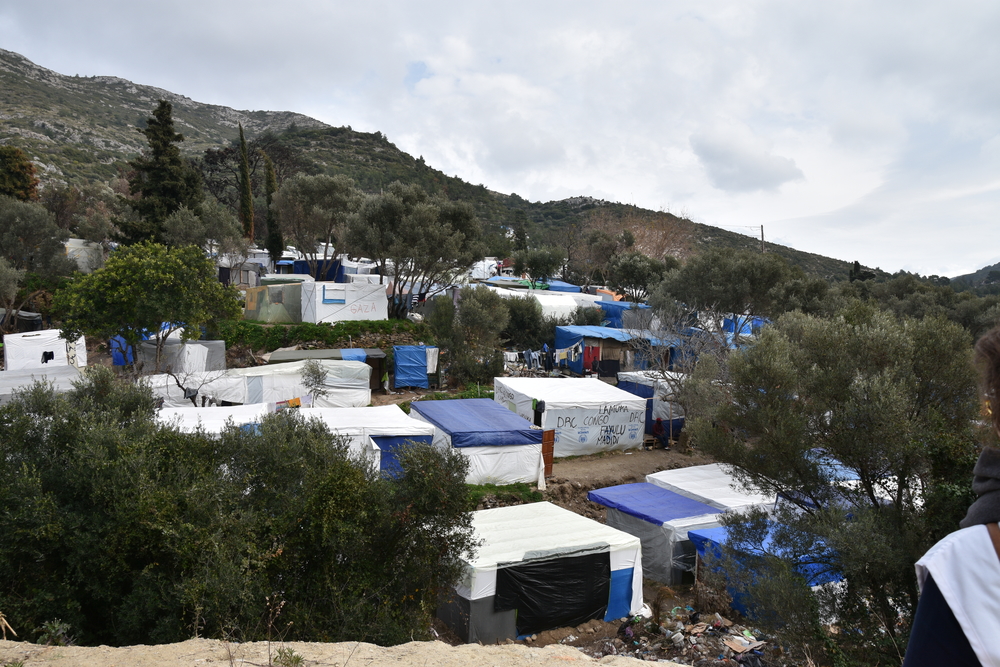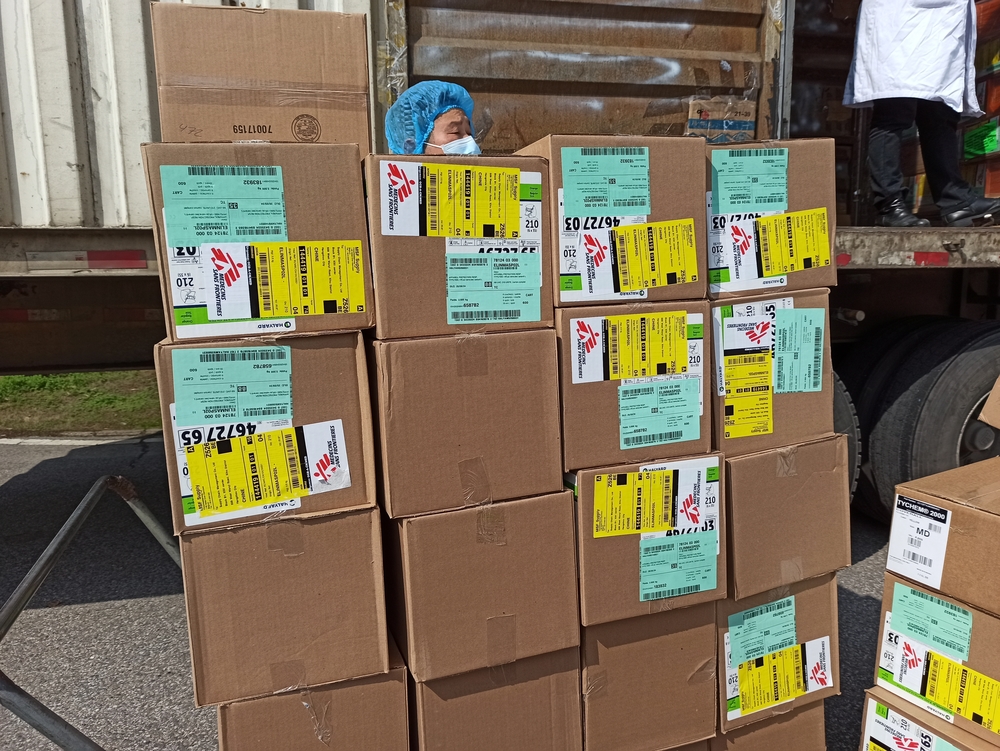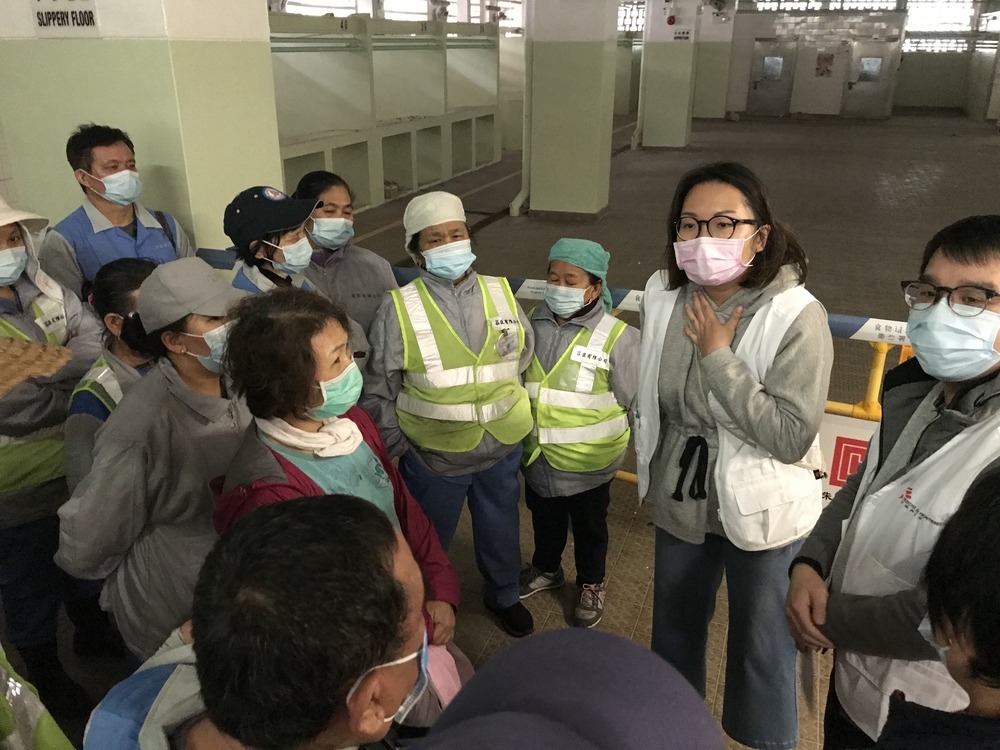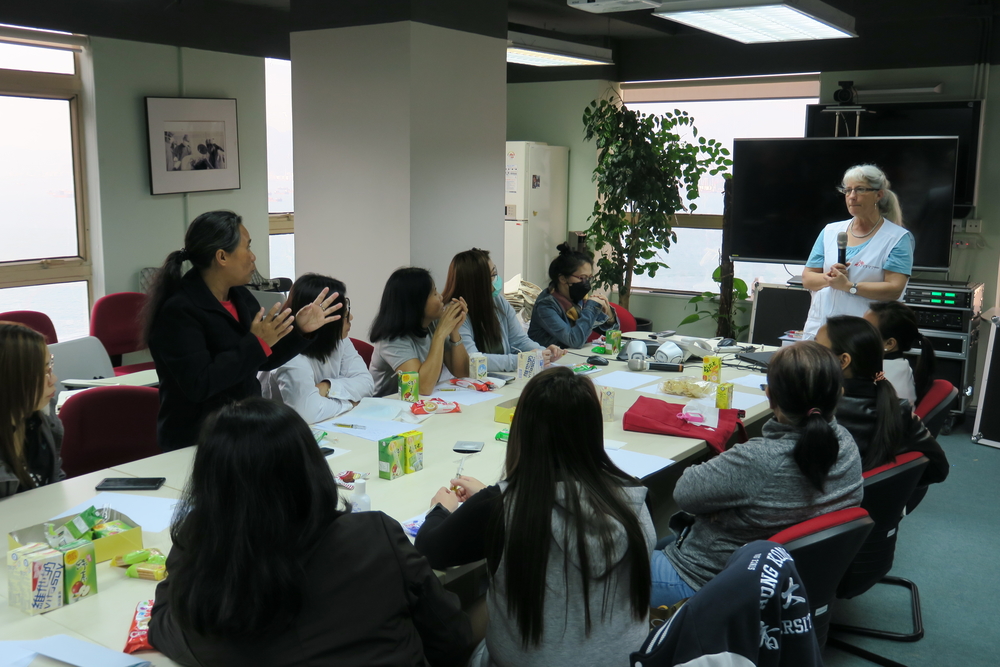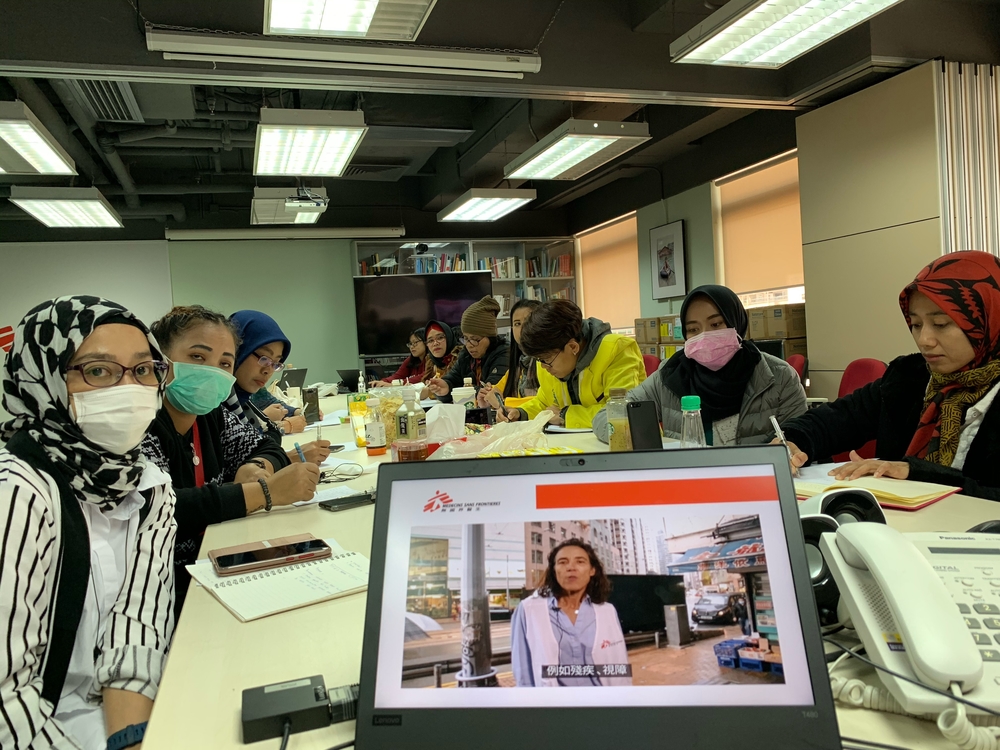MSF Response: Canada declares donation of 100 million COVID-19 vaccine doses
OTTAWA, JUNE 13, 2021 — Canada’s COVID-19 vaccine donation announcement at this weekend’s G7 Summit falls far short of Canada’s, and the world’s, commitment to ensuring equitable global access to COVID-19 vaccines, the international medical humanitarian organization Doctors Without Borders/Médecins Sans Frontières (MSF) said.
Despite announcing a donation of 100 million doses, Canada will only donate 13 million actual doses. The rest is made up by financial contributions to the ACT Accelerator, which finances the procurement of vaccines for low-income countries.
Given that Canada has secured more than 400 million COVID-19 vaccine doses for its 38 million people and has vaccinated more than 70% of eligible people already, this is baffling. The available current global supply of COVID-19 vaccines not already reserved by wealthy countries is exceedingly small, leaving few remaining vaccines available to purchase. Even with today’s announced financial support, billions of people living in most of the world’s countries will remain without access to vaccine doses they urgently need.
Actual doses are what are most urgently needed right now. This move will do little to close the deadly gap in places that cannot access their fair share of the limited global vaccine supply, or to protect the world’s population — including Canada’s — against emerging variants. Half of Canada’s 13 million donated doses are for a vaccine that has yet to receive regulatory approval, which does little to urgently increase access to COVID-19 vaccines.
And without specific accompanying commitments to waive intellectual property rules and push for equitable global access to an increased supply of all COVID-19 health technologies — or the announcement of any concrete plan to donate the rest of Canada’s immense surplus of currently secured vaccine doses — today’s move will be little more than a stopgap measure against a pandemic that continues to wreak havoc in lower-income countries, which have been unable to compete against richer governments for access to COVID-19 vaccines, treatments and diagnostics.
Jason Nickerson, MSF’s Humanitarian Representative to Canada, said of the announcement:
“Today’s announcement from Canada is disappointing and will do little to help countries that urgently need access to vaccines today.
“What started as a commitment by the G7 to donate 1 billion doses has ended in a commitment to donate 870 million doses sometime over the next year. In a global health crisis that can only be brought to an end through rapid worldwide vaccination, Canada has used its purchasing power to secure enough vaccine doses to vaccinate our population more than five times, while most other countries cannot access enough to protect even their most vulnerable people, such as front-line healthcare workers and the elderly. There are billions of people who do not have access to COVID-19 vaccines yet, and who are vulnerable to infection. Allowing the pandemic to continue to spread in low-income countries while wealthy countries continue to hoard doses is not only a profound ethical failure, it’s bad public health that puts all of us, and the effectiveness of the world’s vaccines, at risk.
“This disparity is the result of a profoundly inequitable and broken system for developing and delivering new medicines and vaccines. We have seen time and time again for decades that essential, lifesaving medicines are accessible only to those who are willing to pay the highest prices for them, rather than to those who are at highest risk.
“Amassing a portfolio of more than four hundred million scarce doses, but only committing to share a tiny fraction of them, is a major disappointment. This is particularly the case when more than half of the 13 million doses being donated are vaccines which have yet to be approved. If unapproved vaccines are counted as donations, it is even less clear why Canada cannot commit to donating more of its portfolio.
“MSF welcomes an announcement of dose sharing, but we are urging Canada to treat this continuing pandemic as the truly global health crisis that it is, and to do everything in its power to help end it everywhere — by starting donations of doses immediately, as a matter of emergency; by committing to donating its excess supply of vaccines and providing a rapid timeline for doing so; by dropping its resistance to the proposed waiver on COVID-19 intellectual property at the World Trade Organization; and by prioritizing lives over the profits of pharmaceutical companies by insisting that essential medicines paid for with public funds, including all currently available COVID-19 vaccines, be available, accessible and affordable to those who need them most, wherever they live around the world.”
